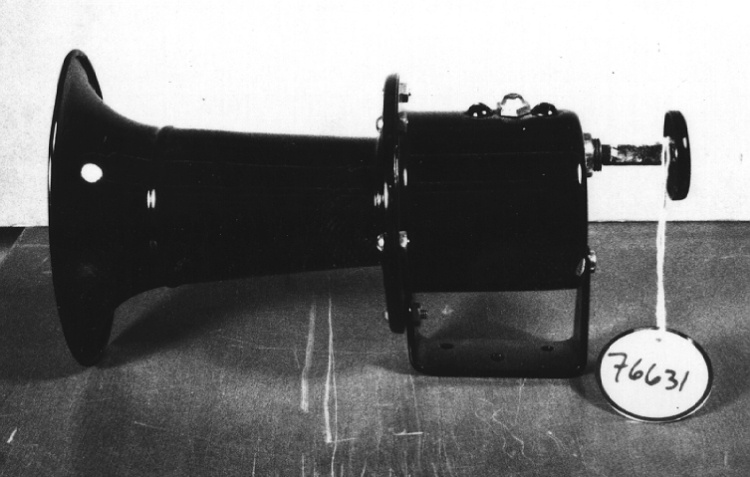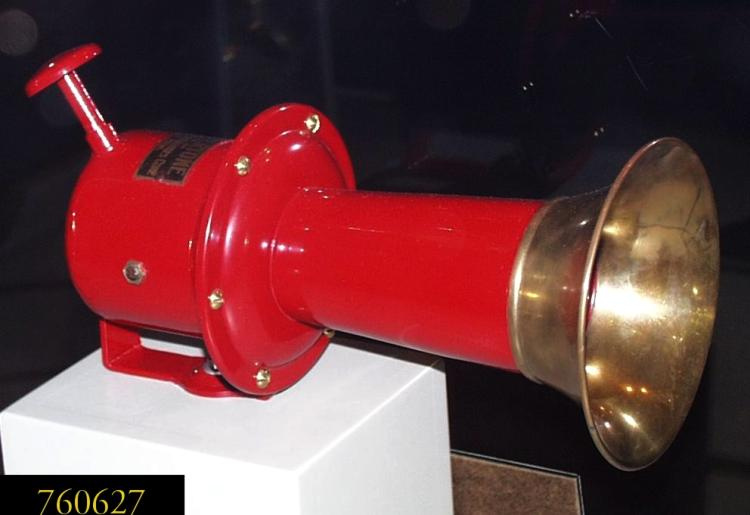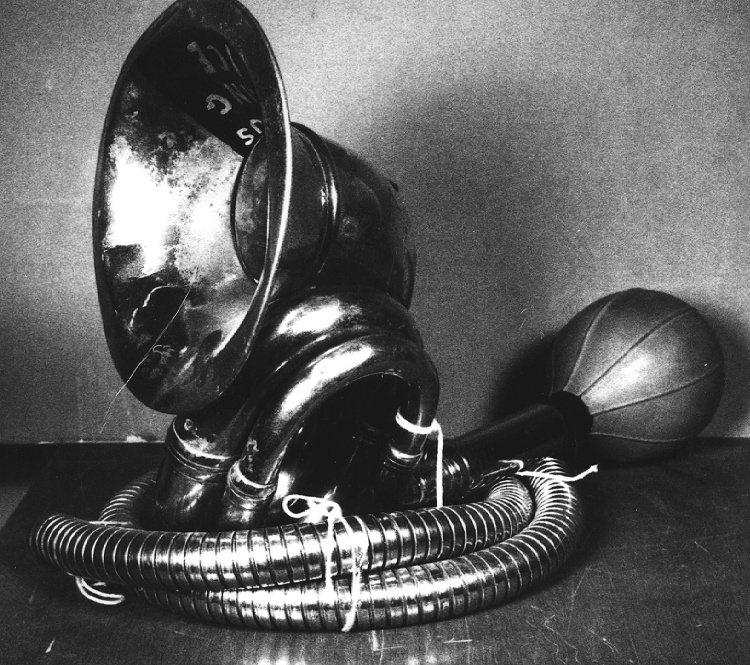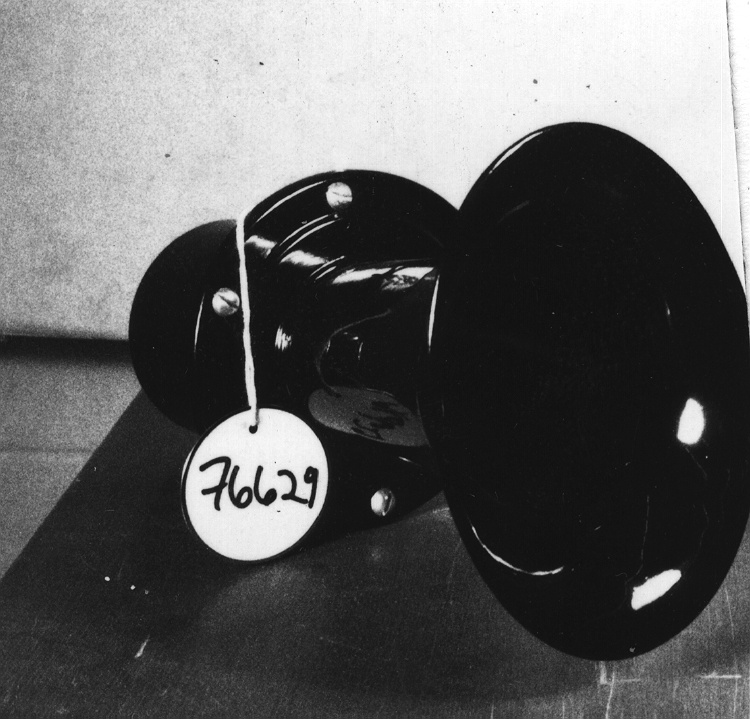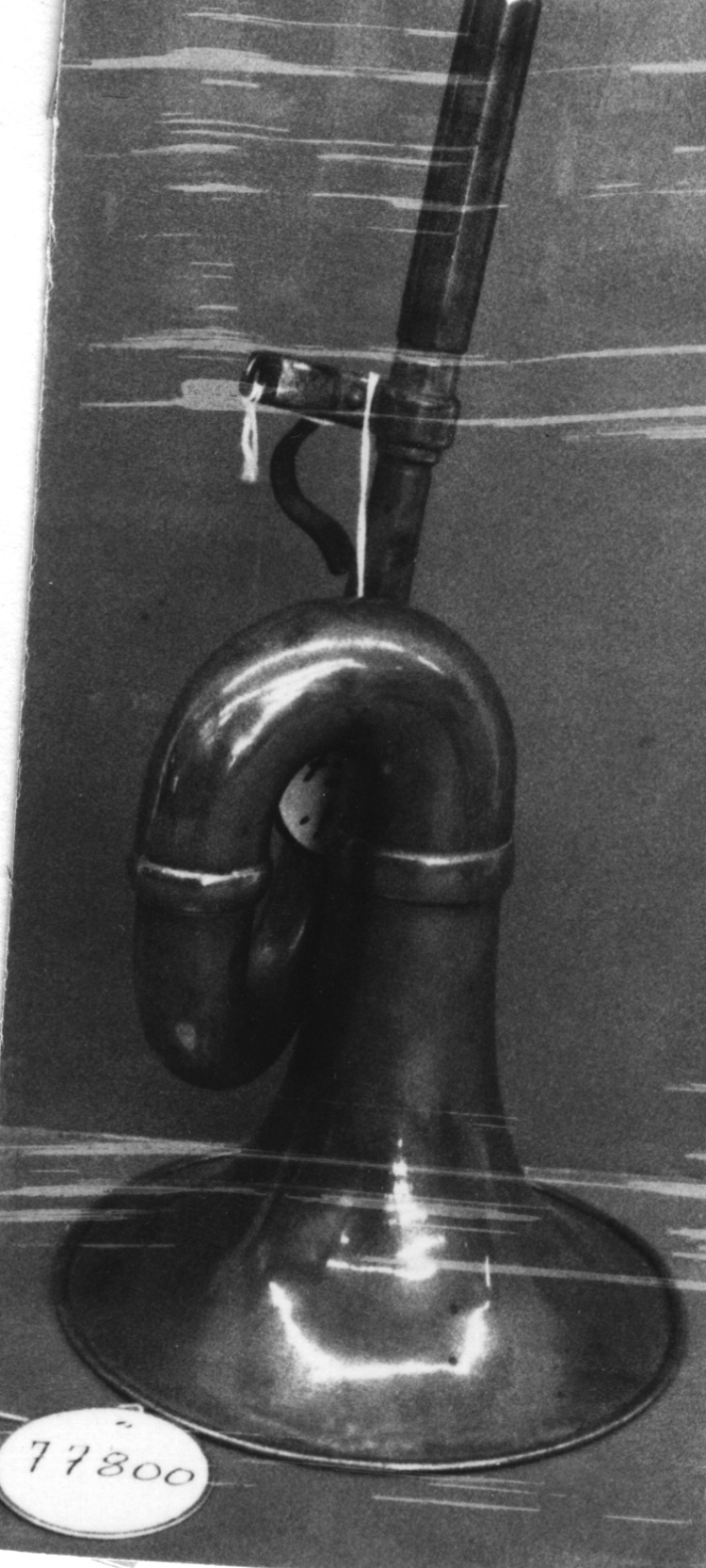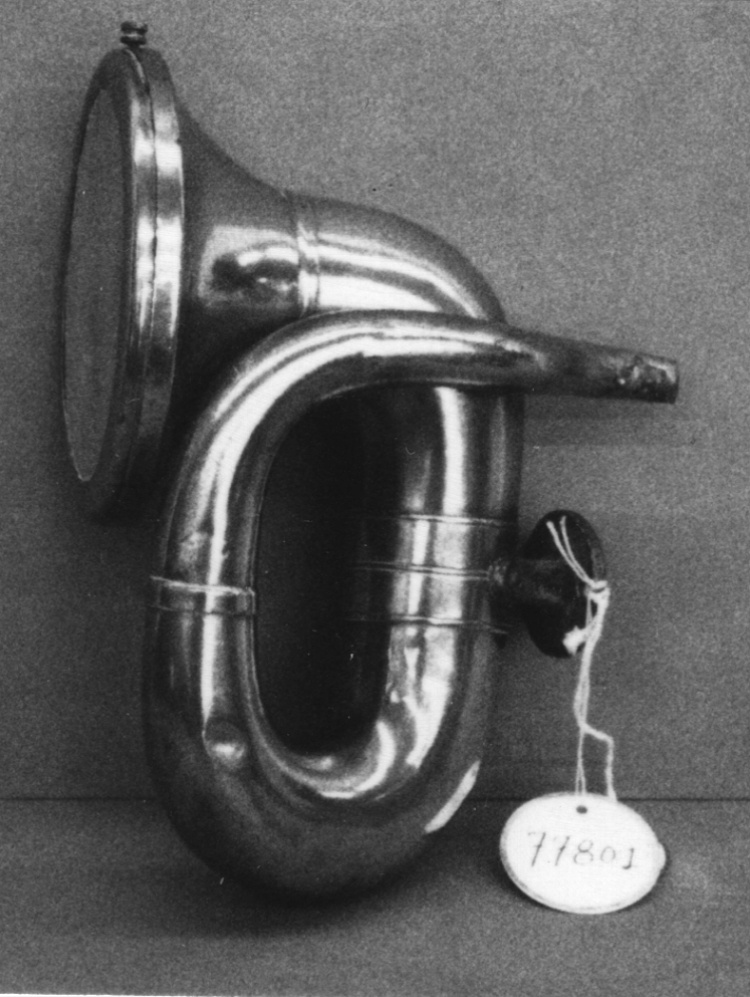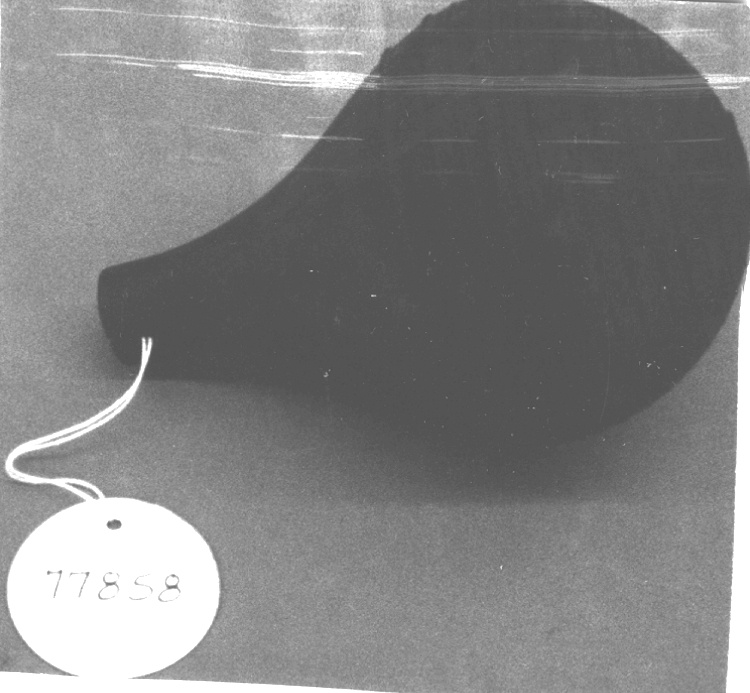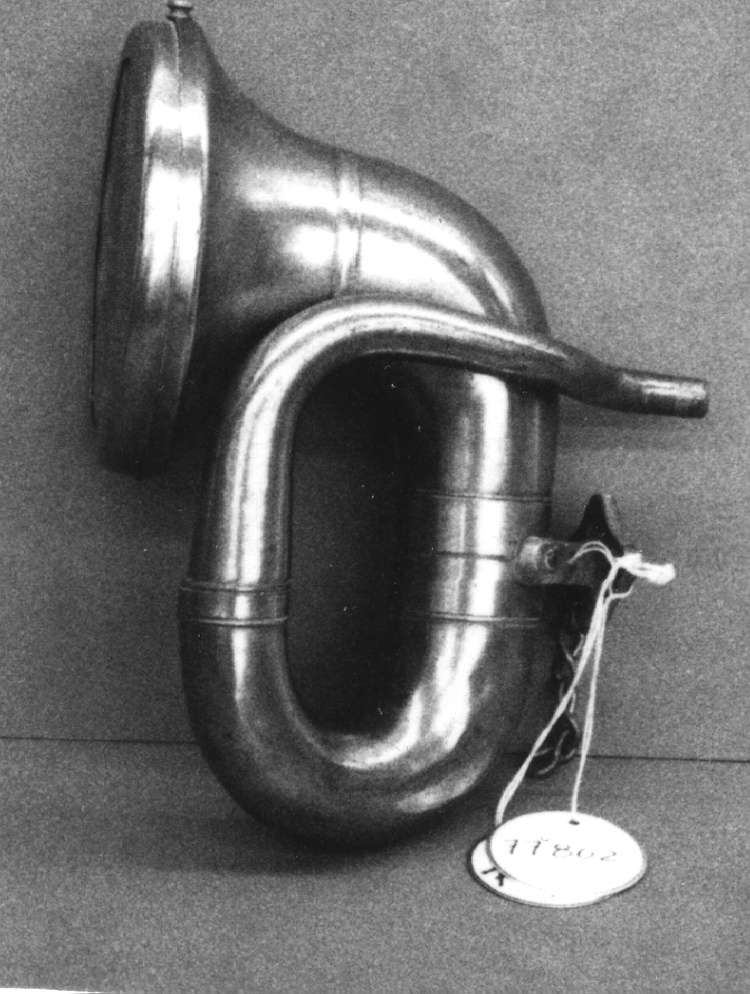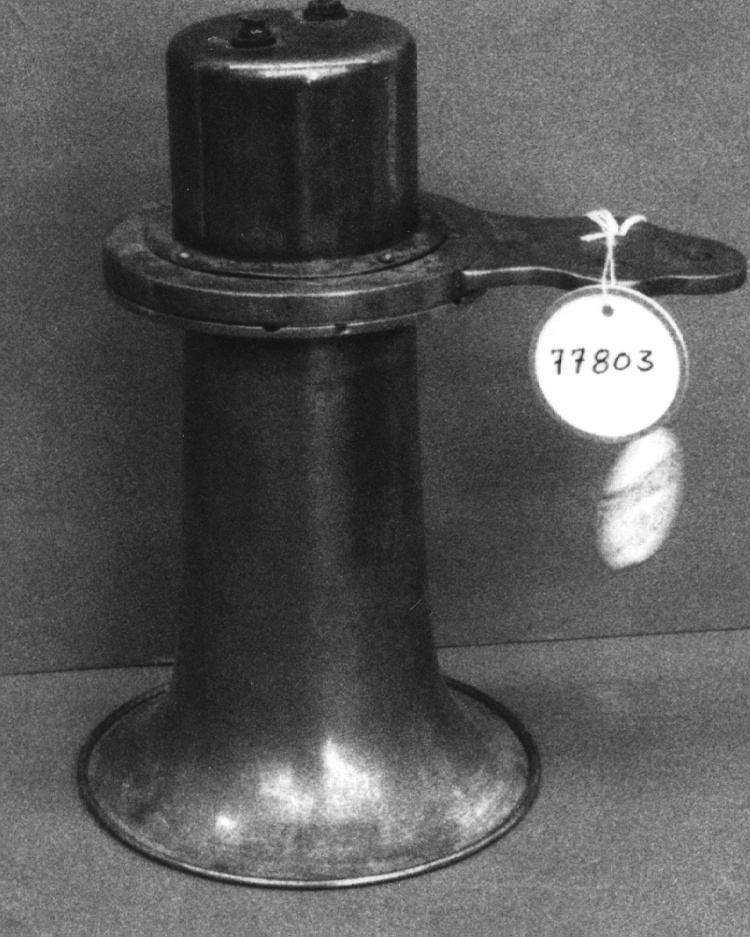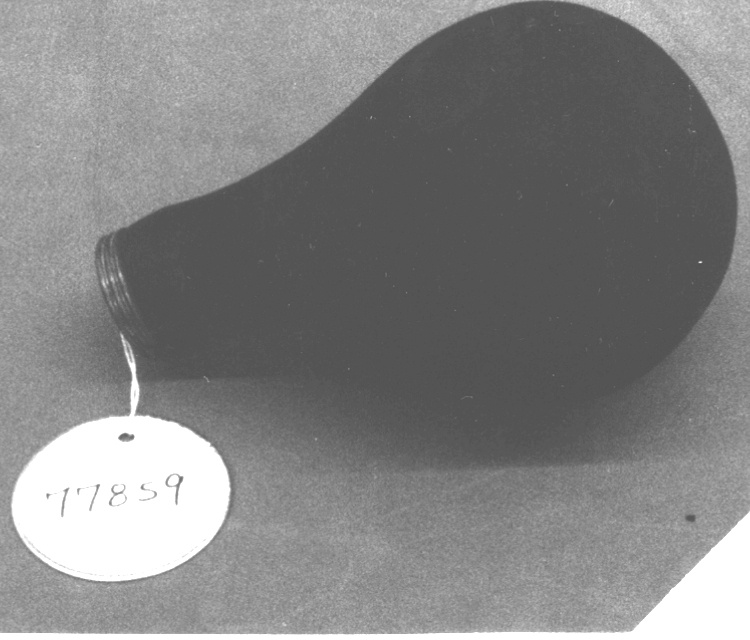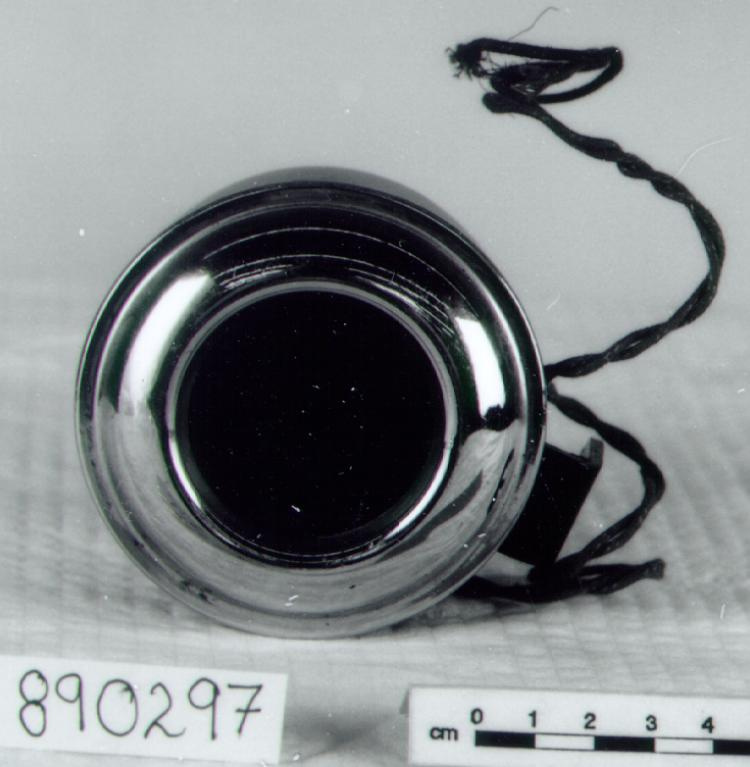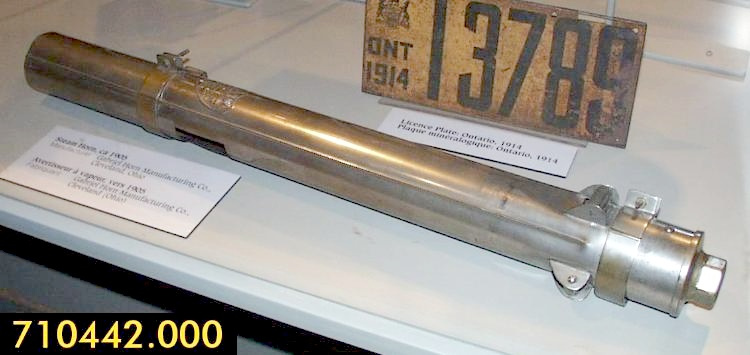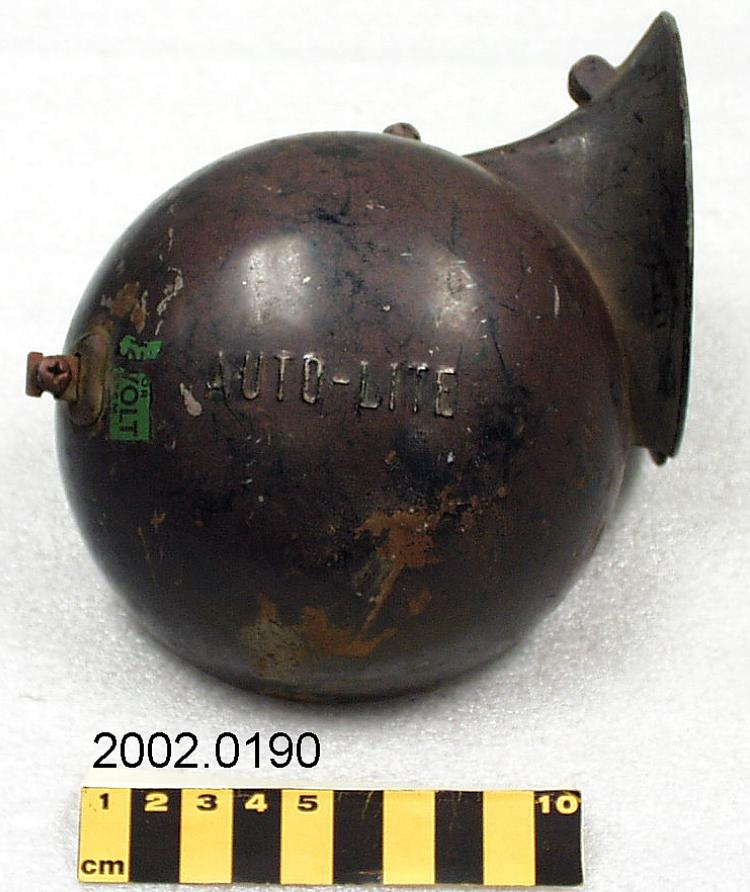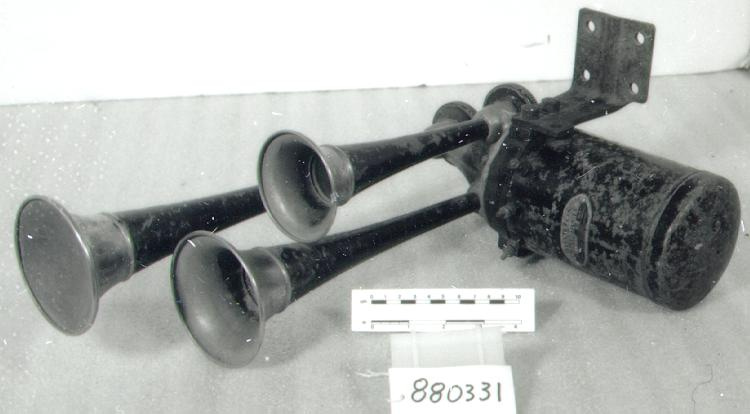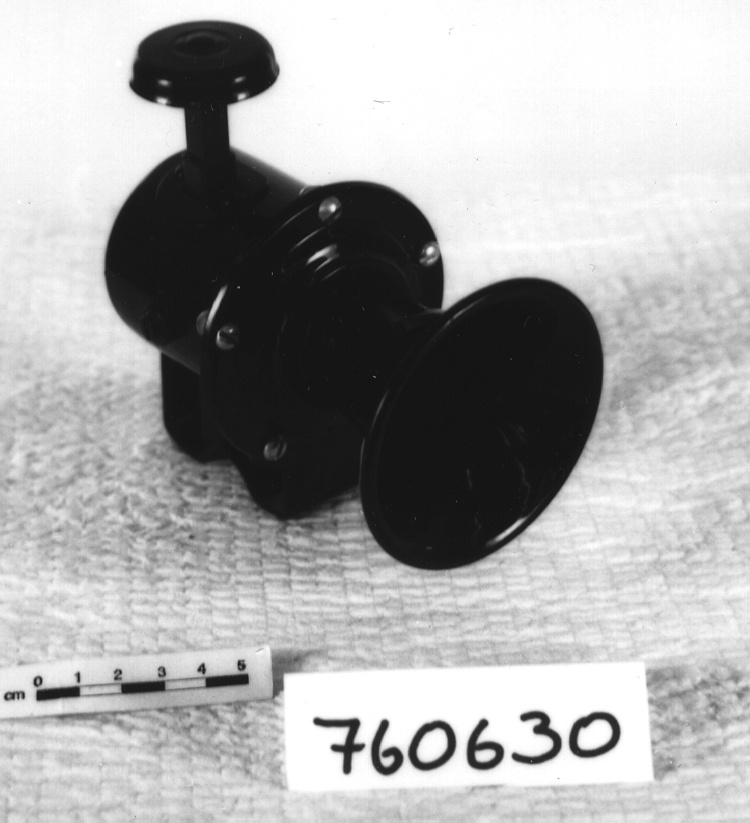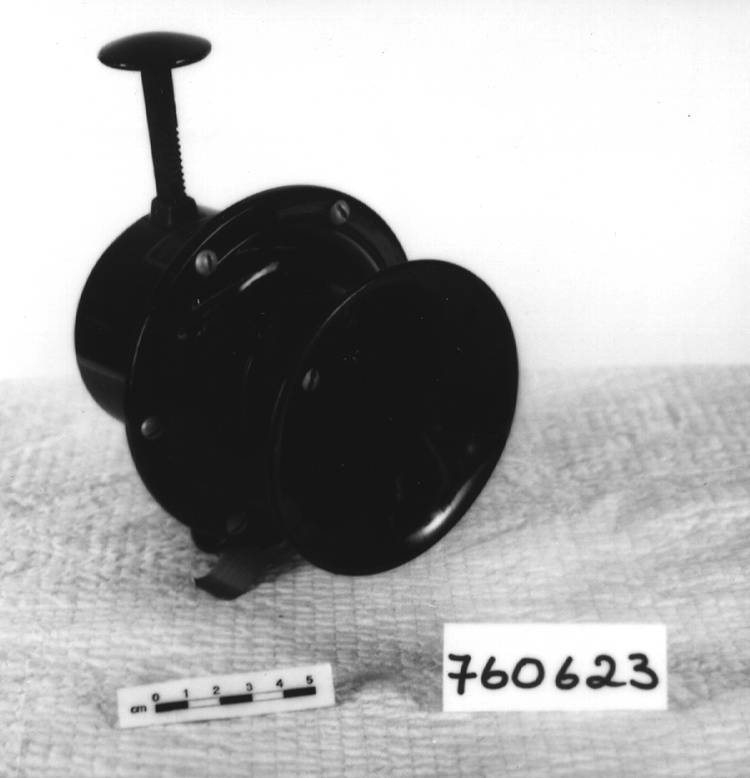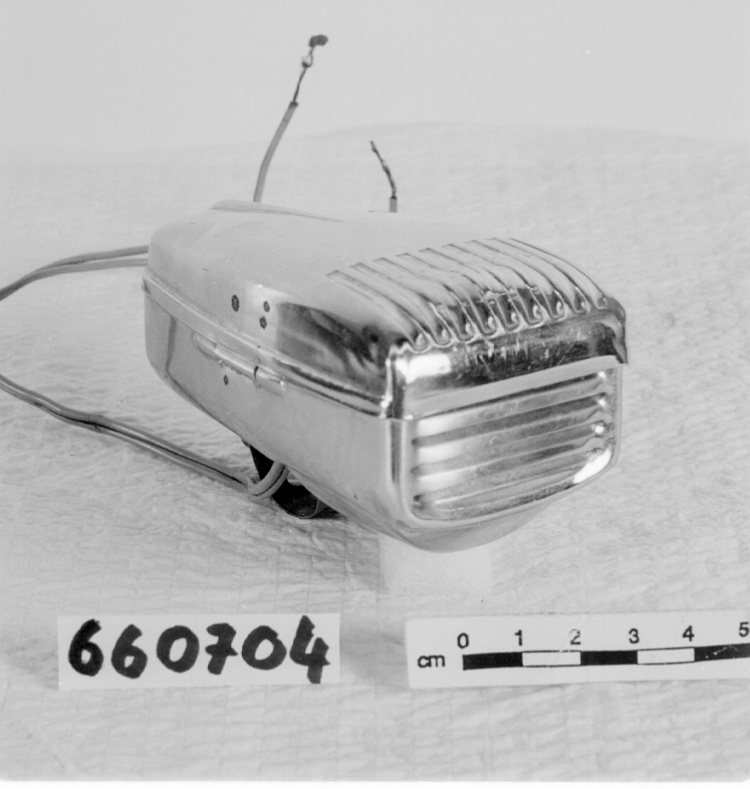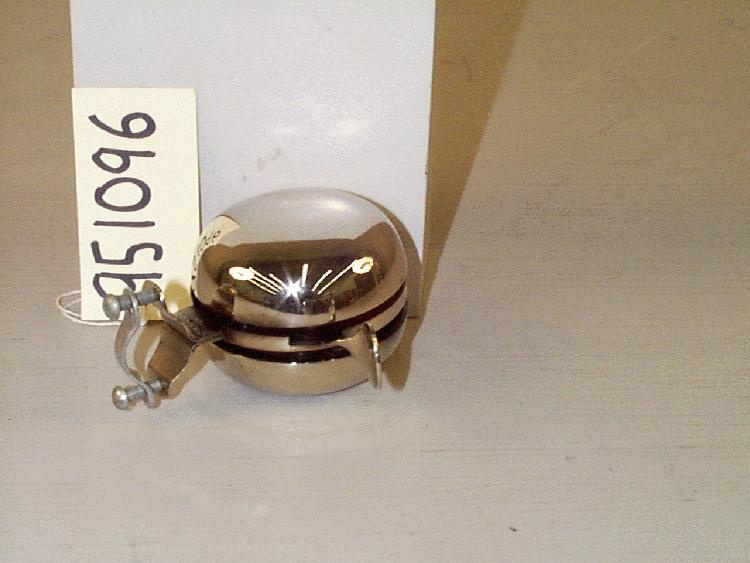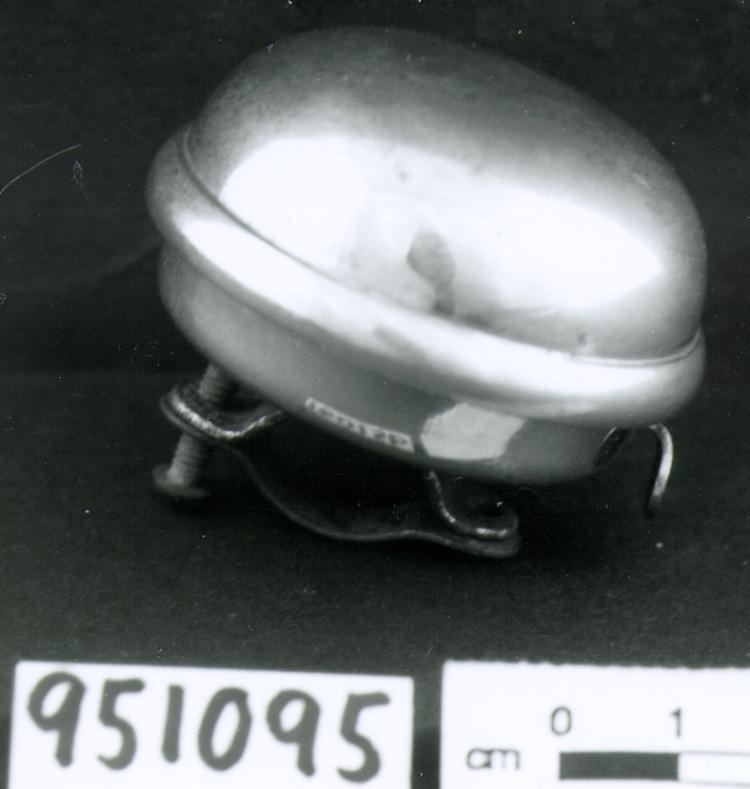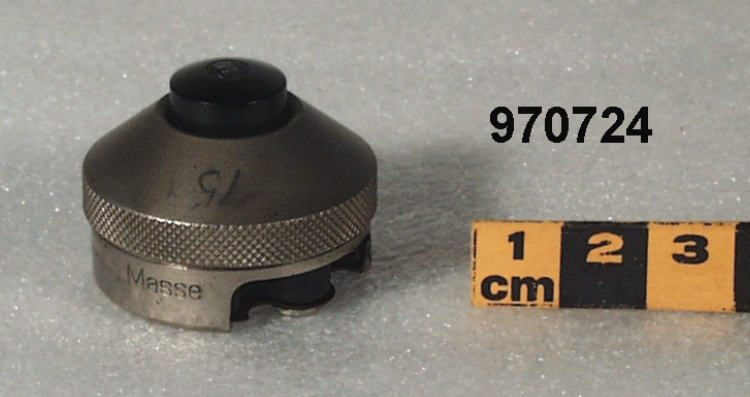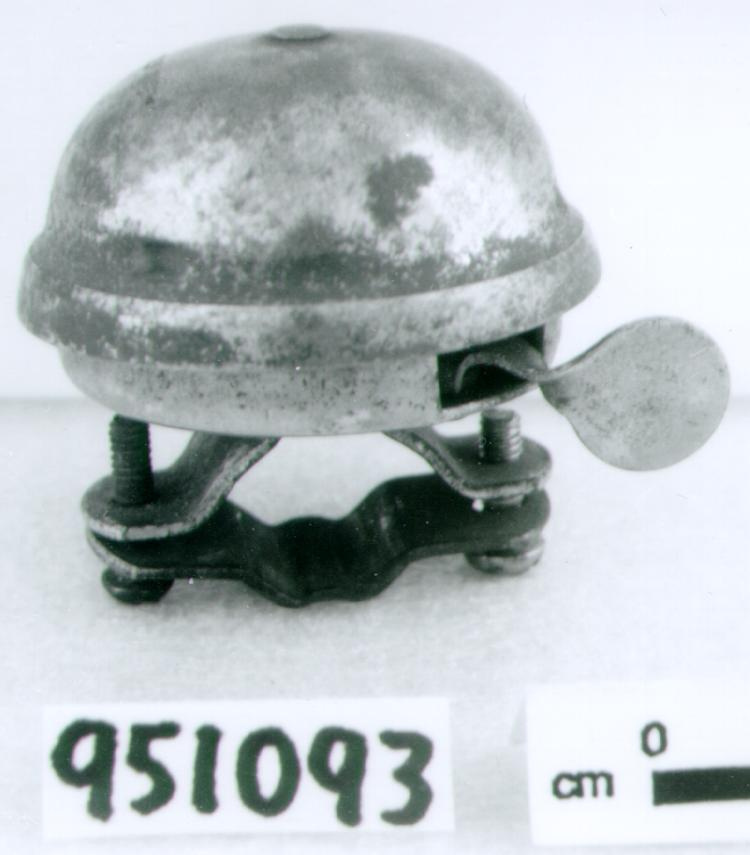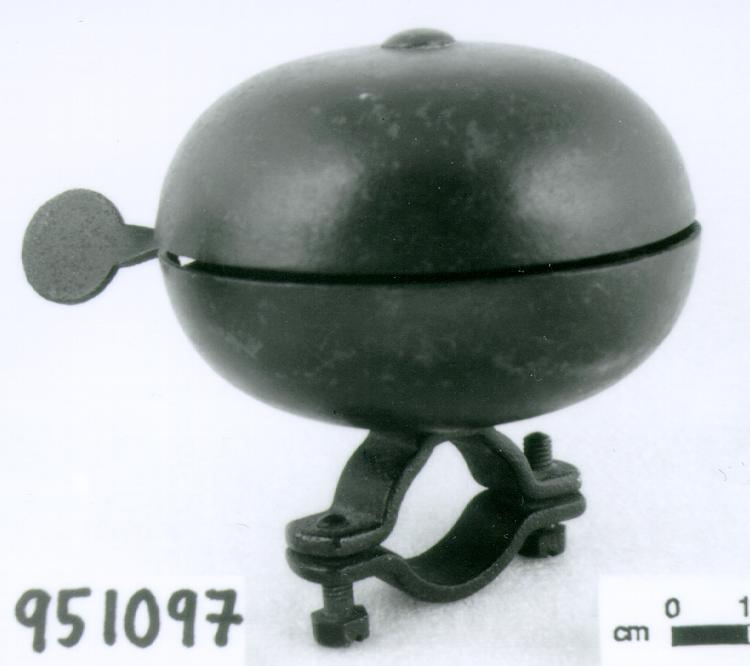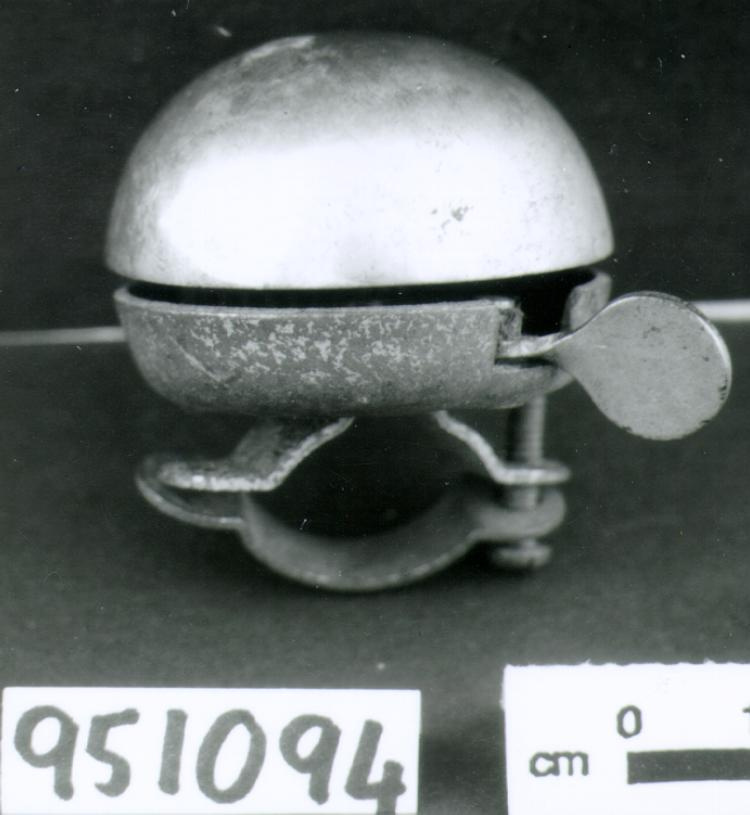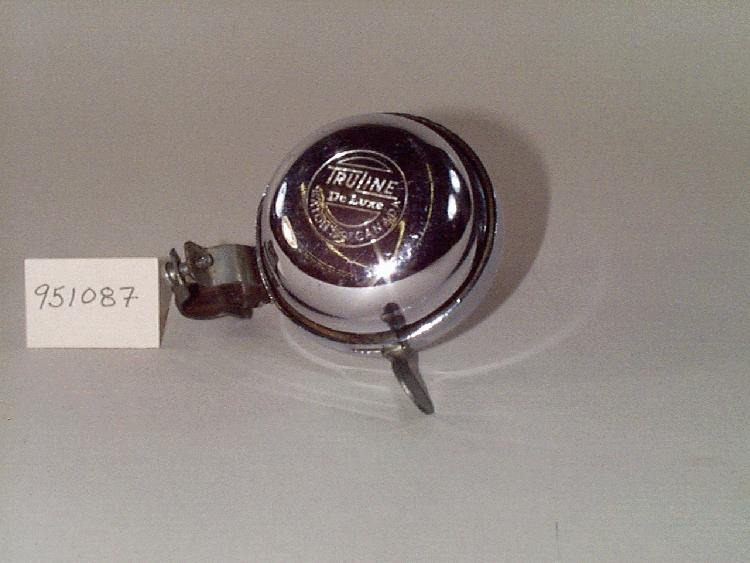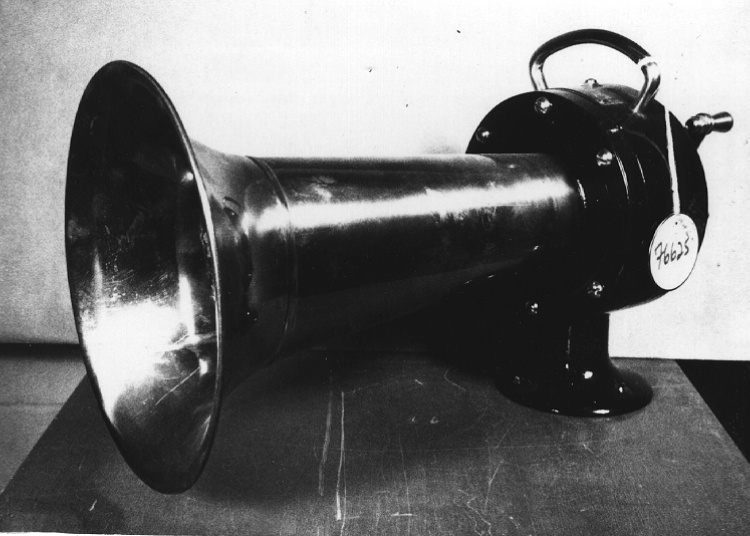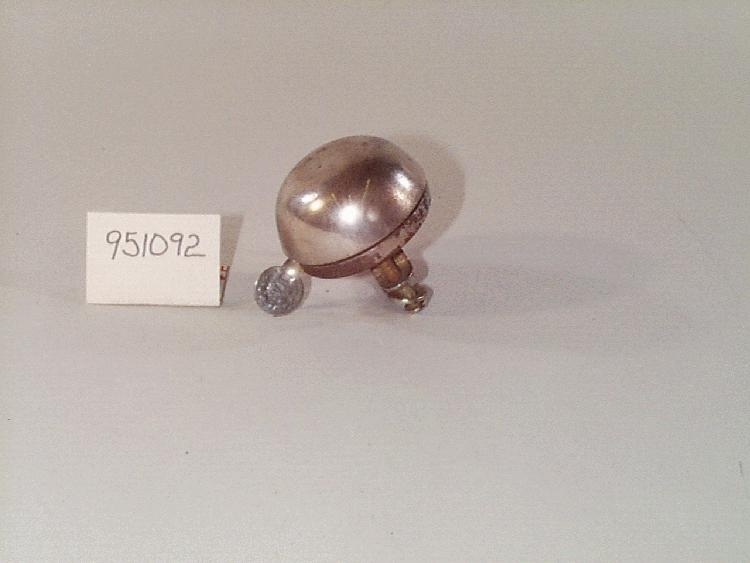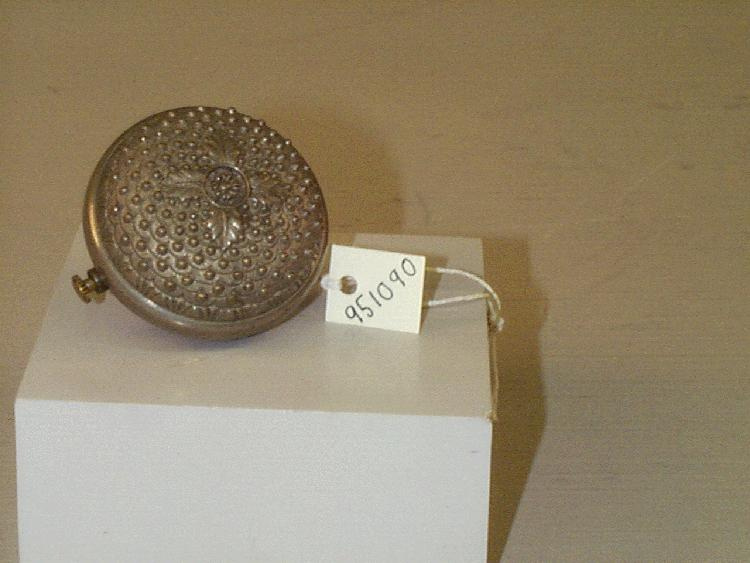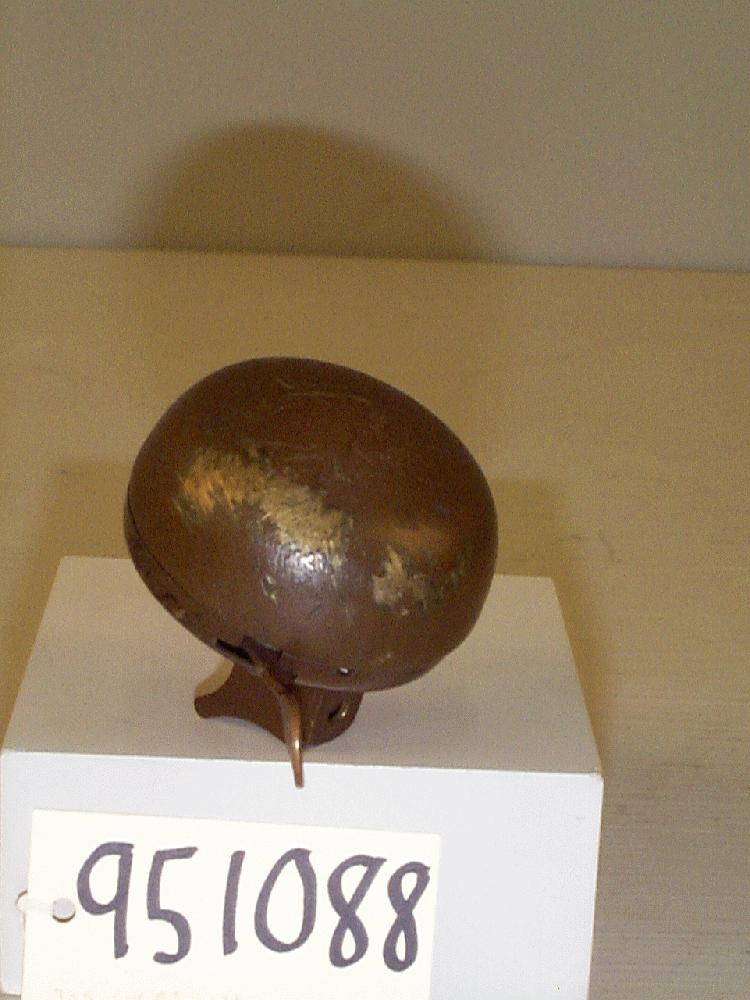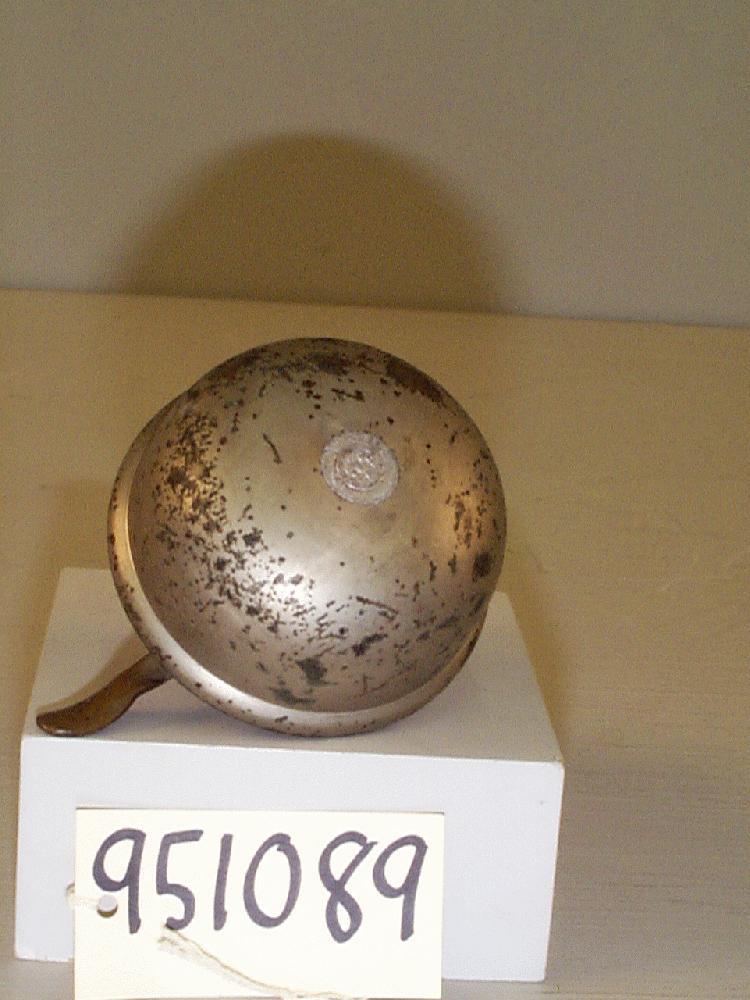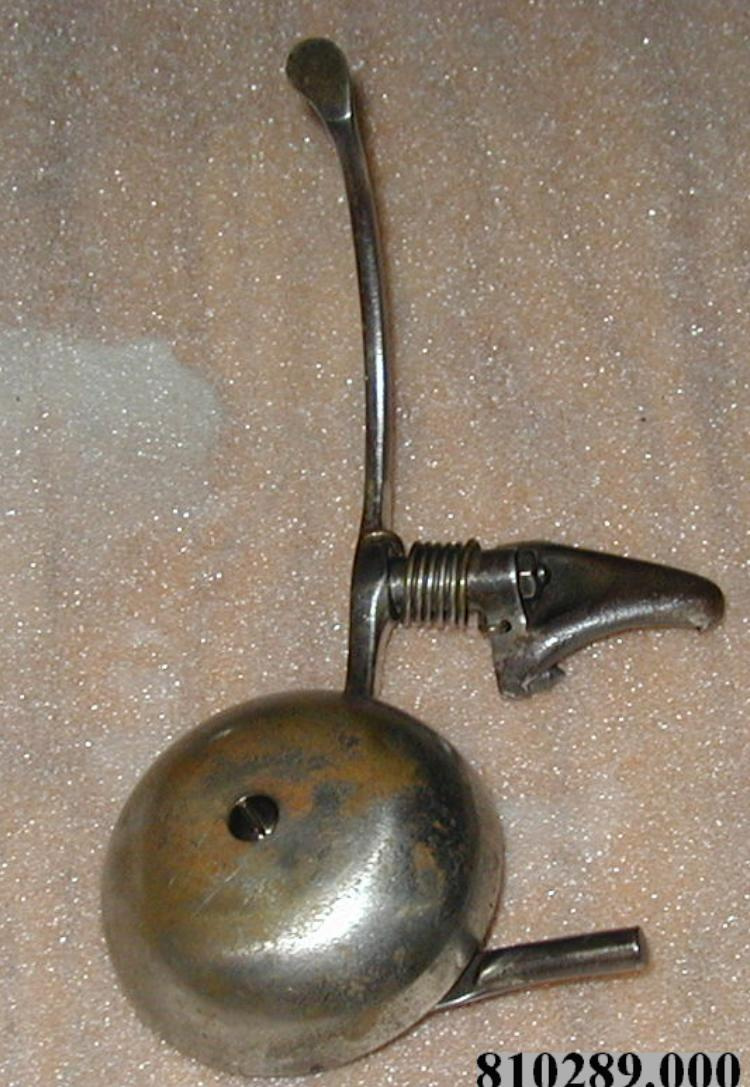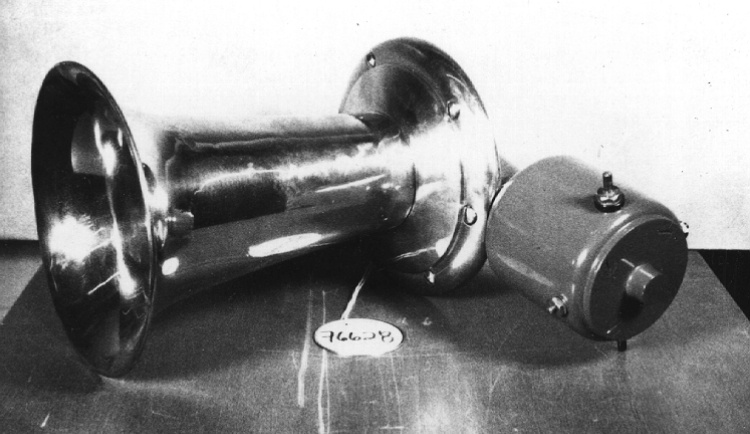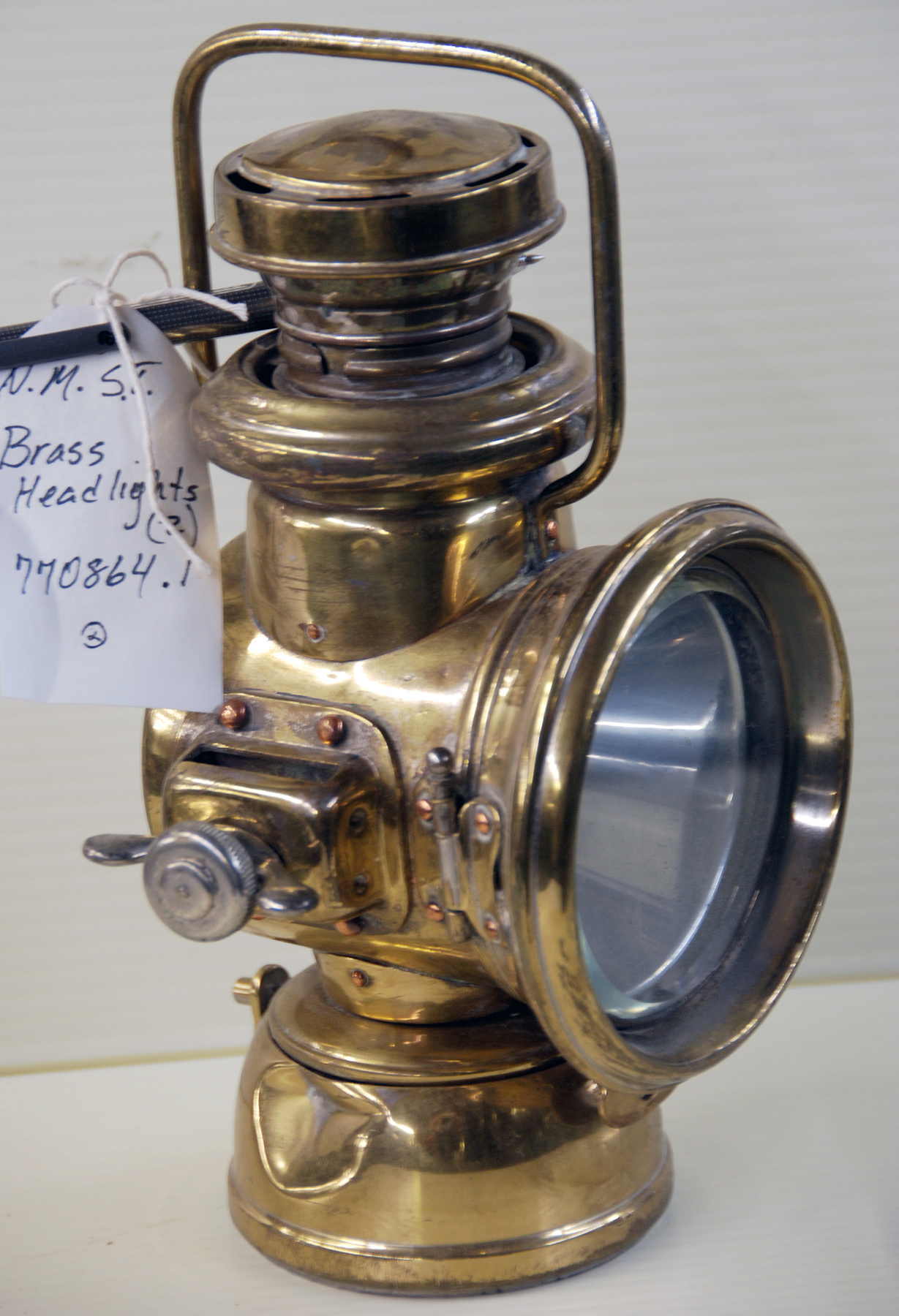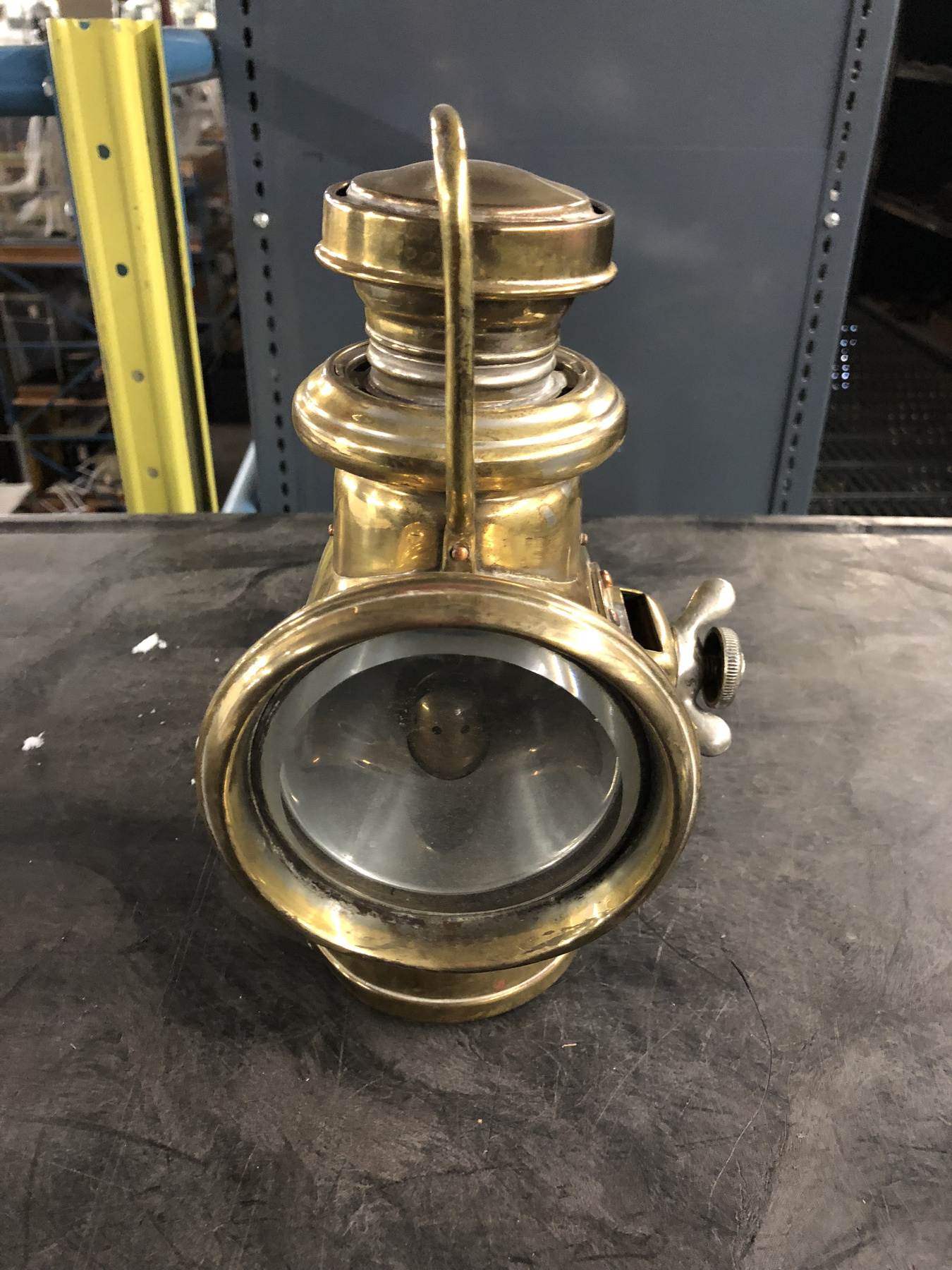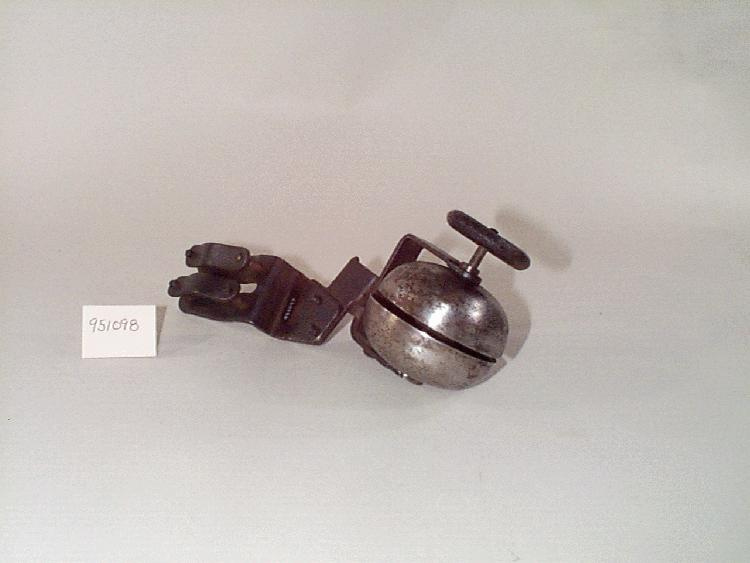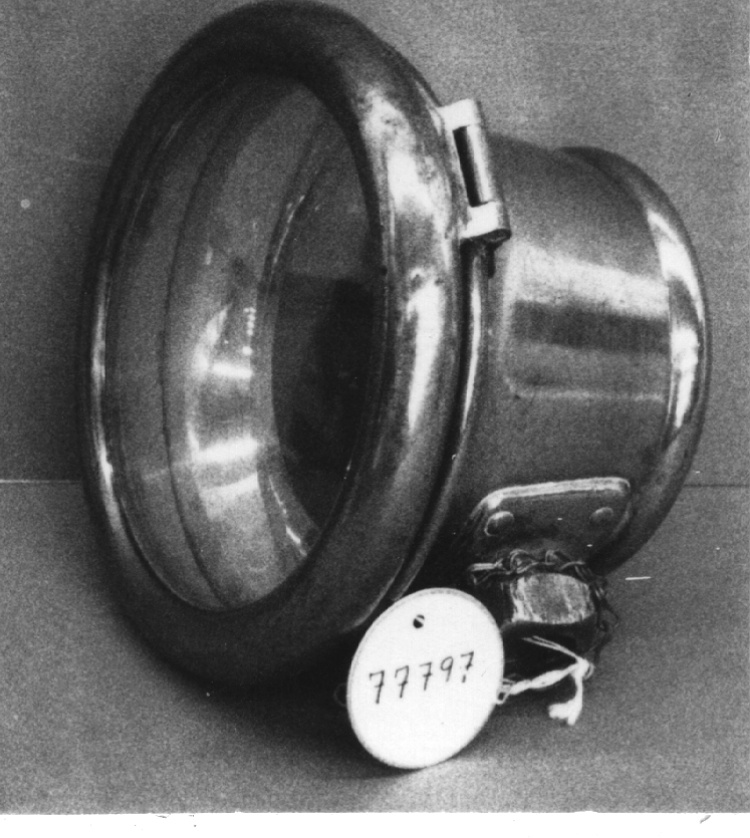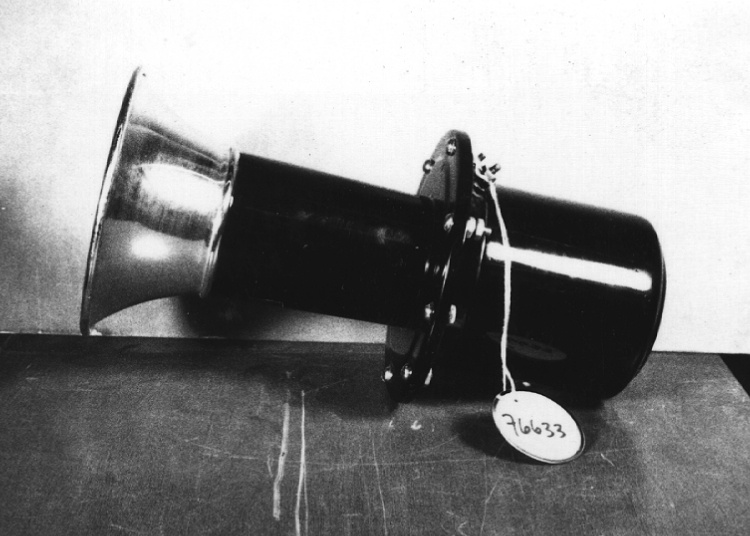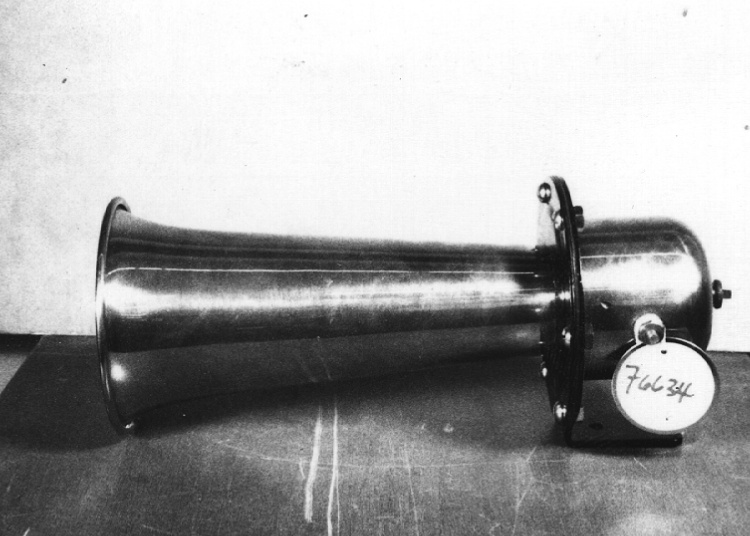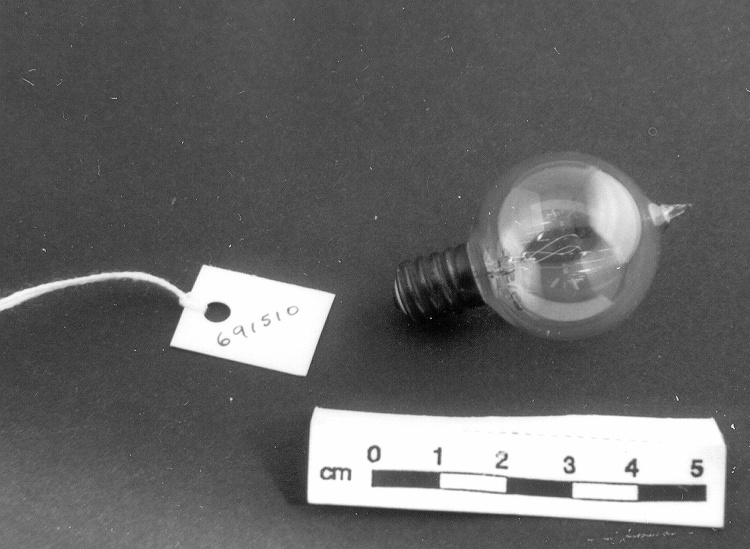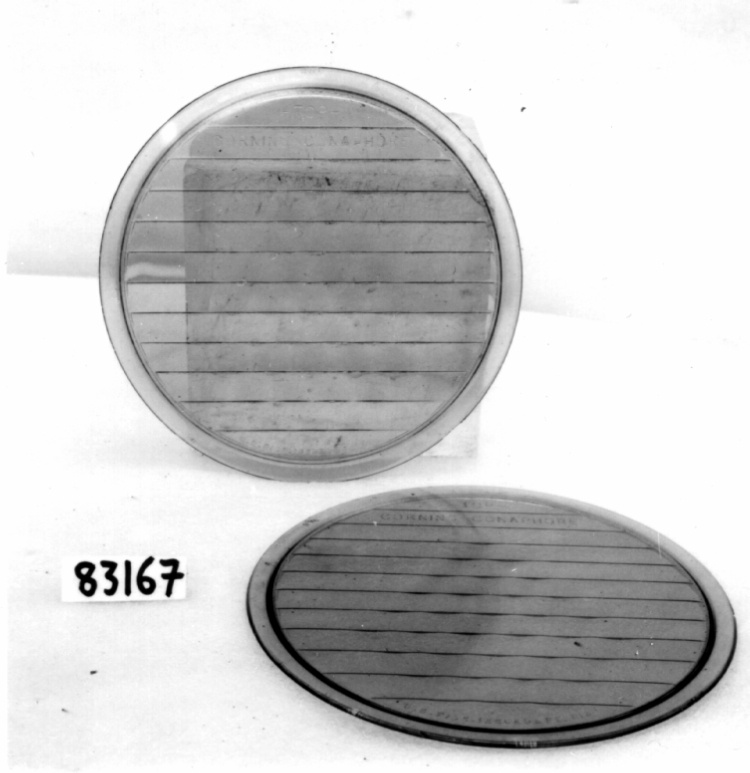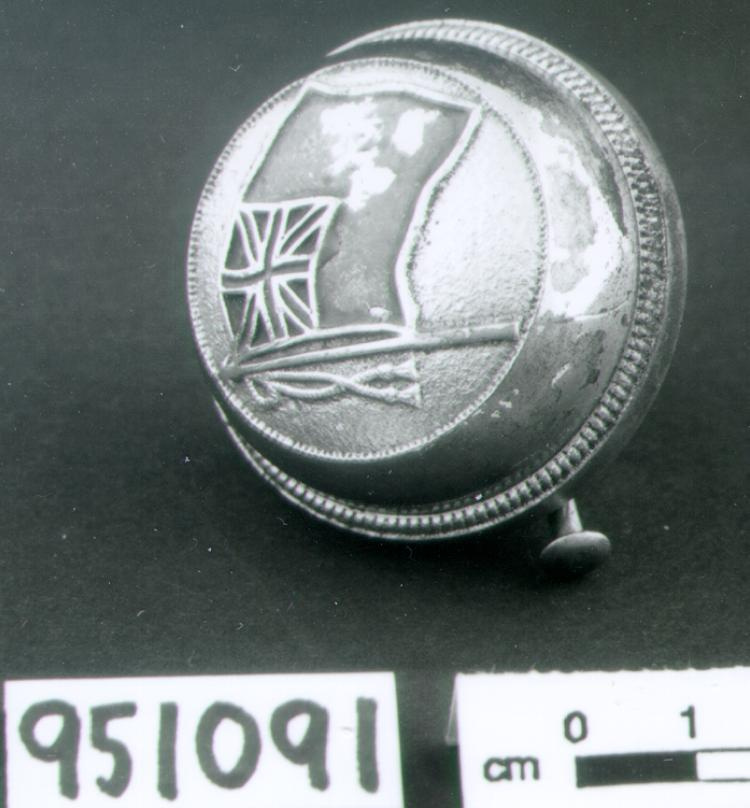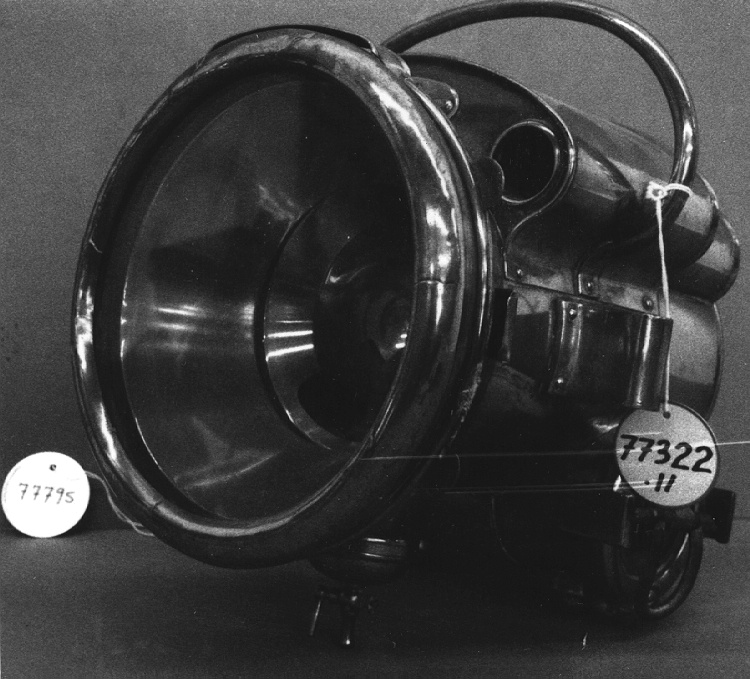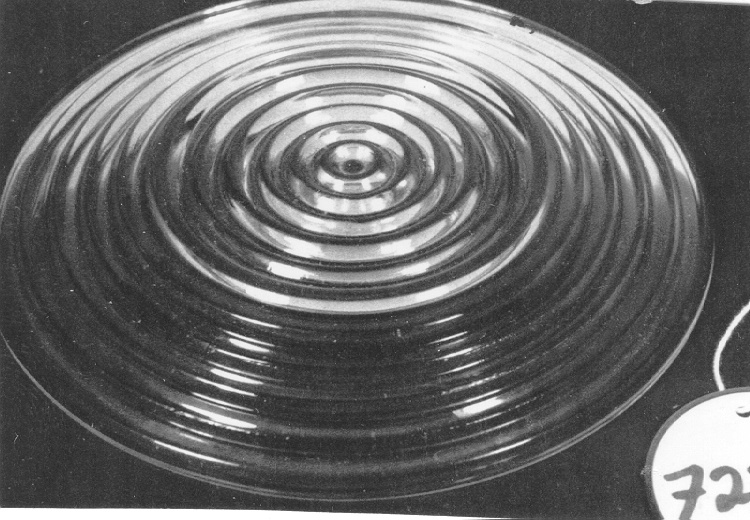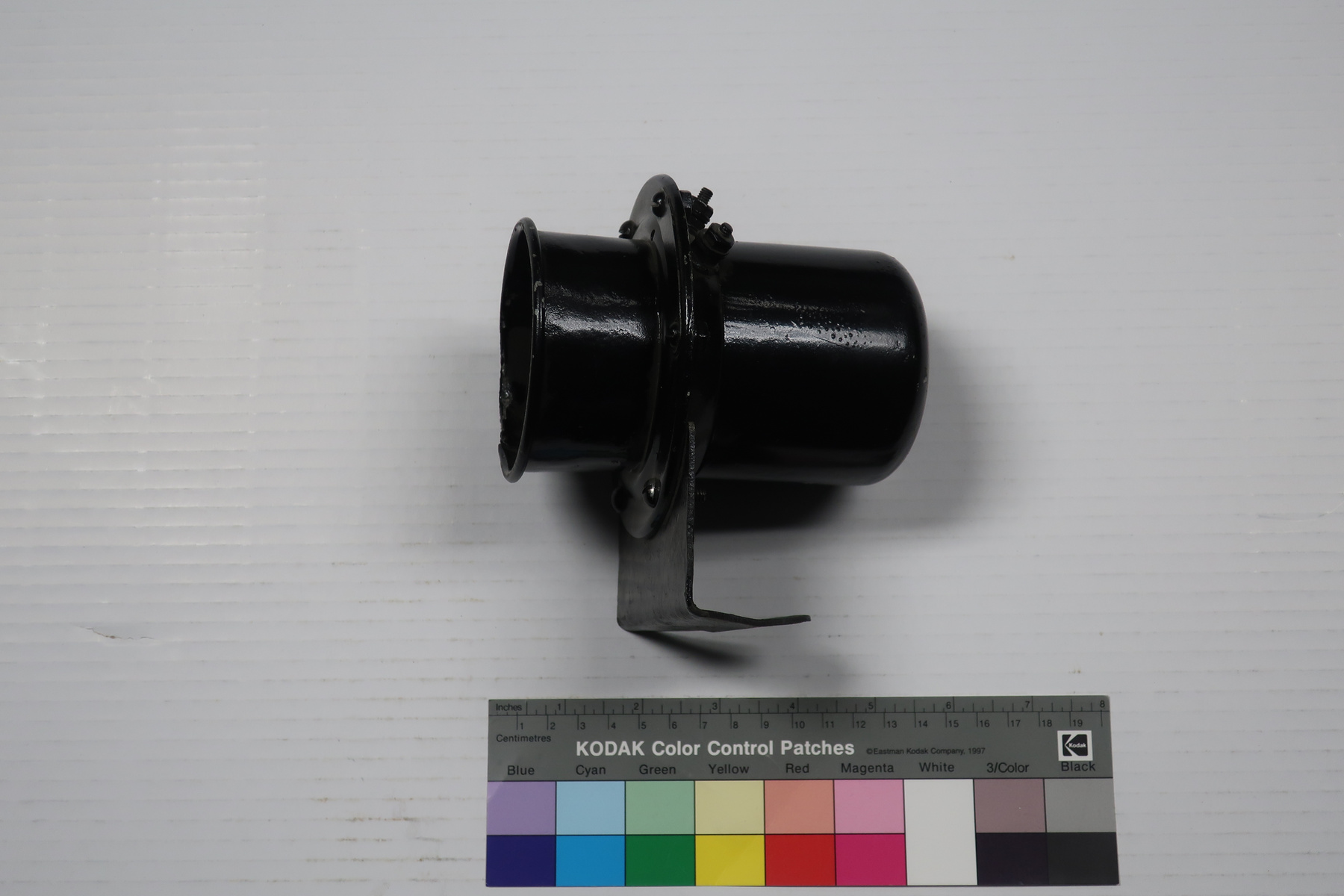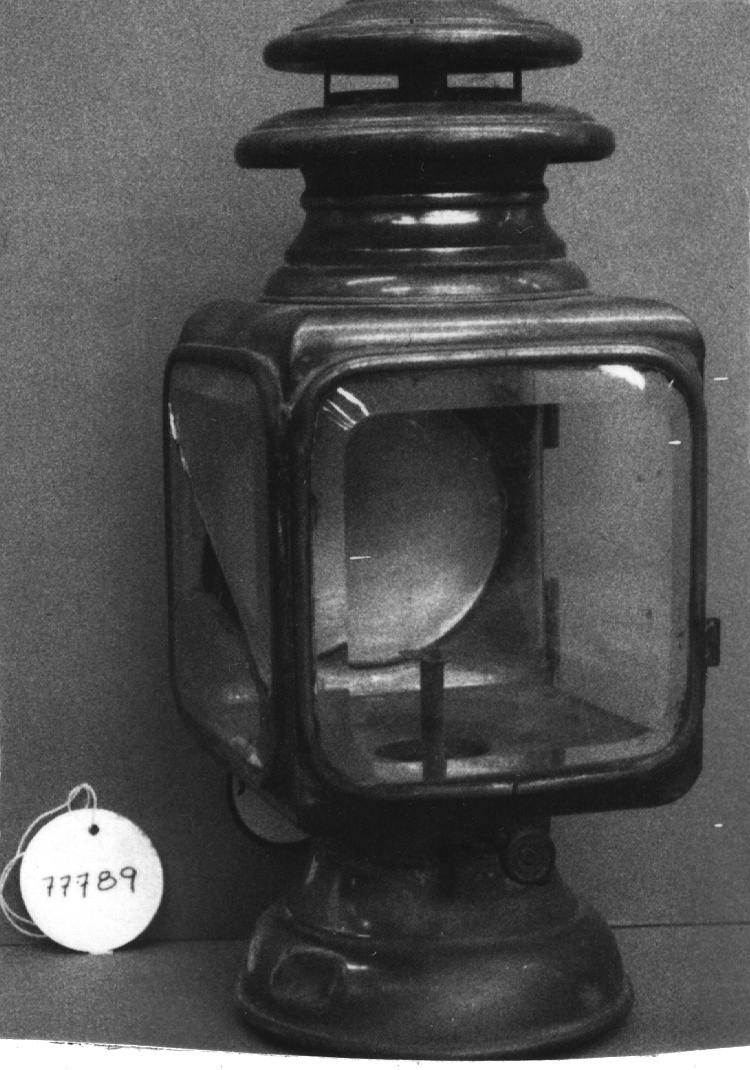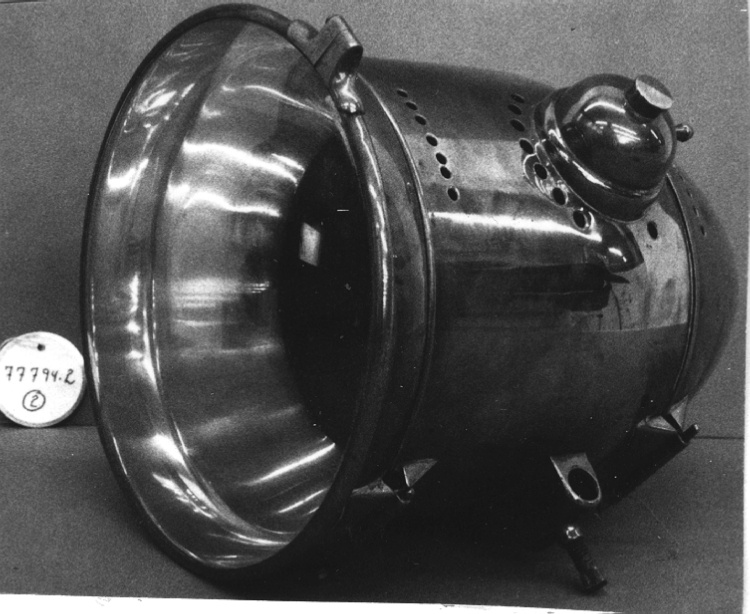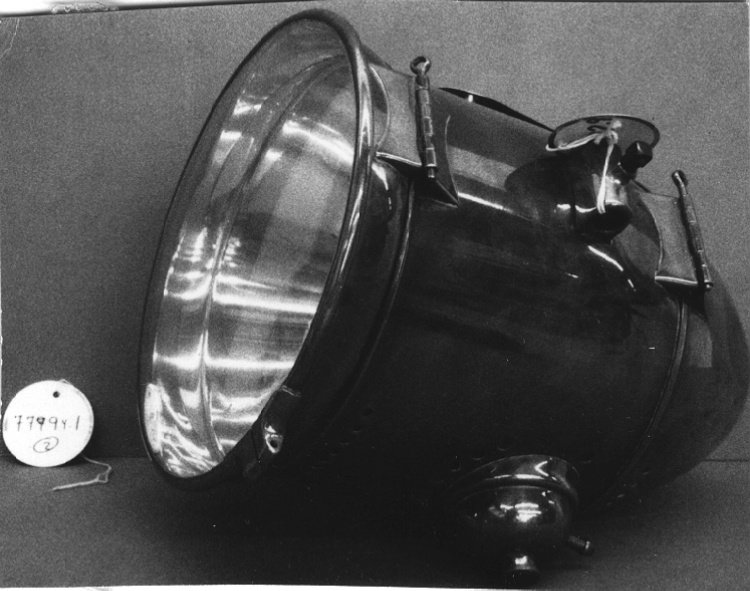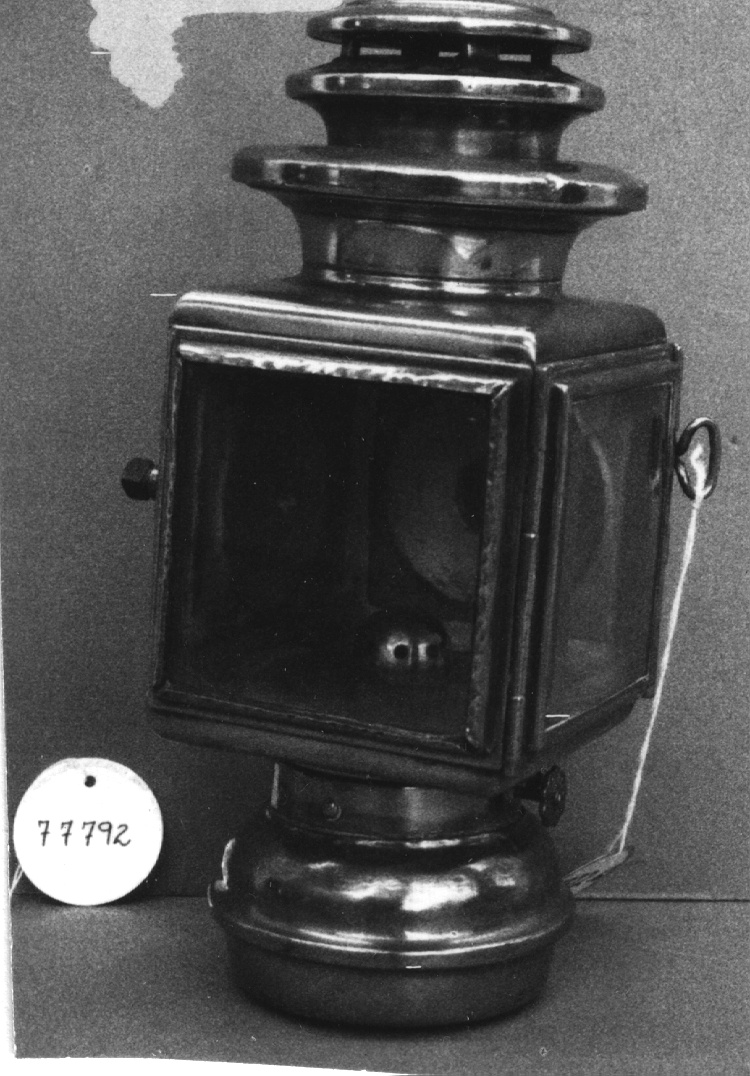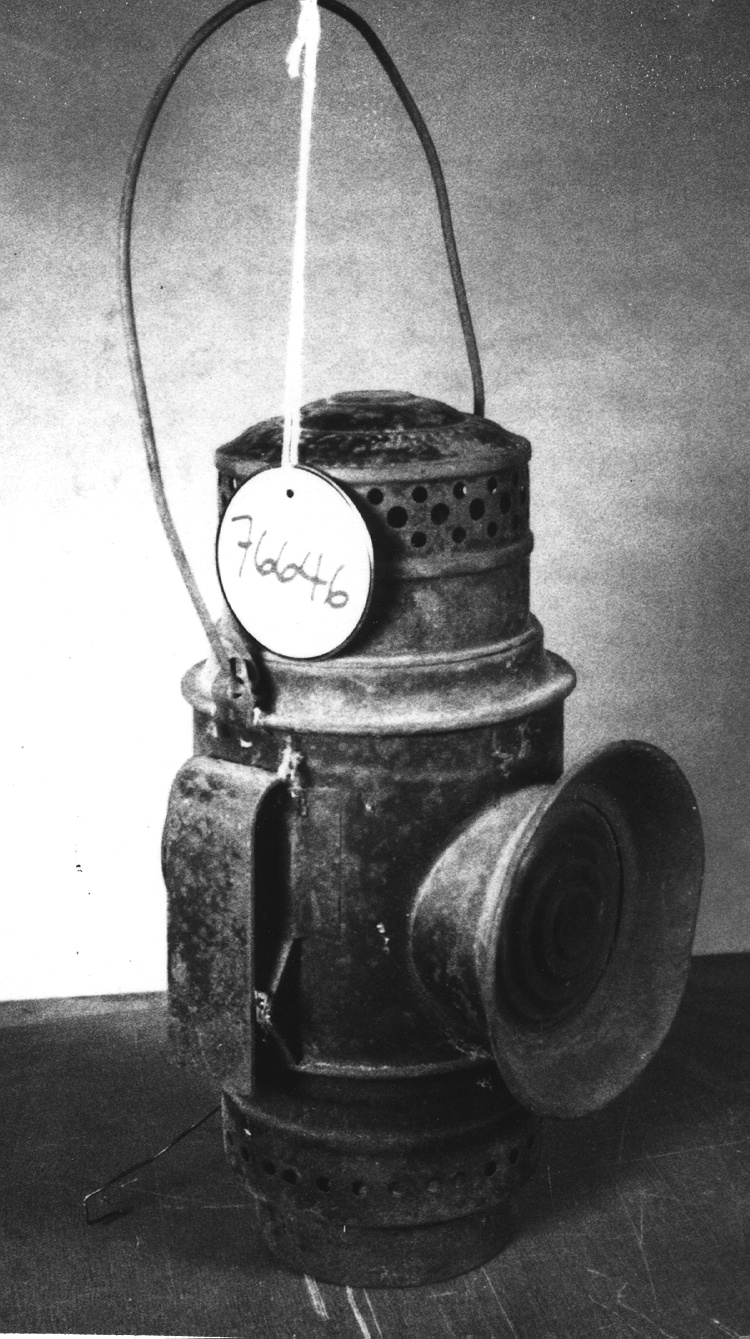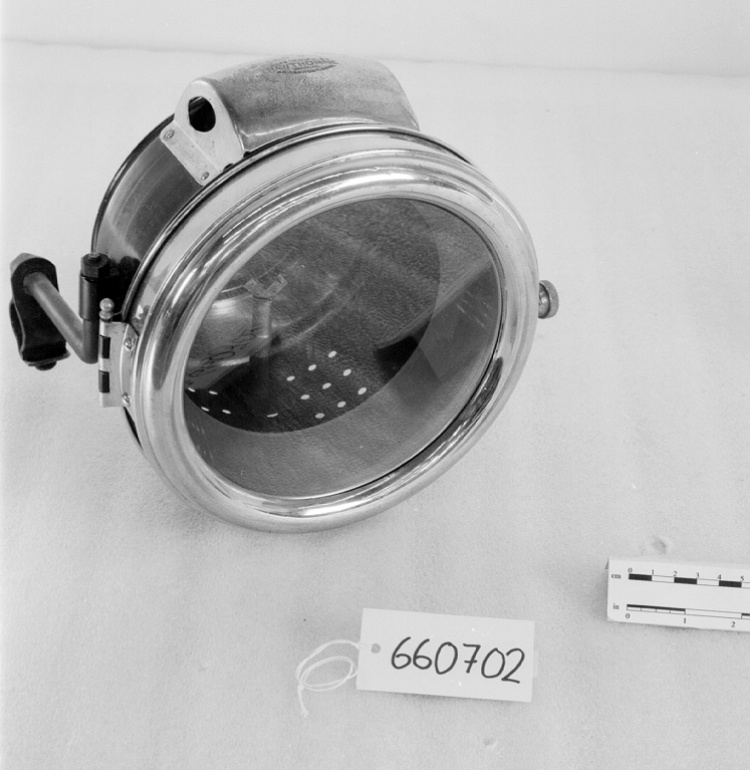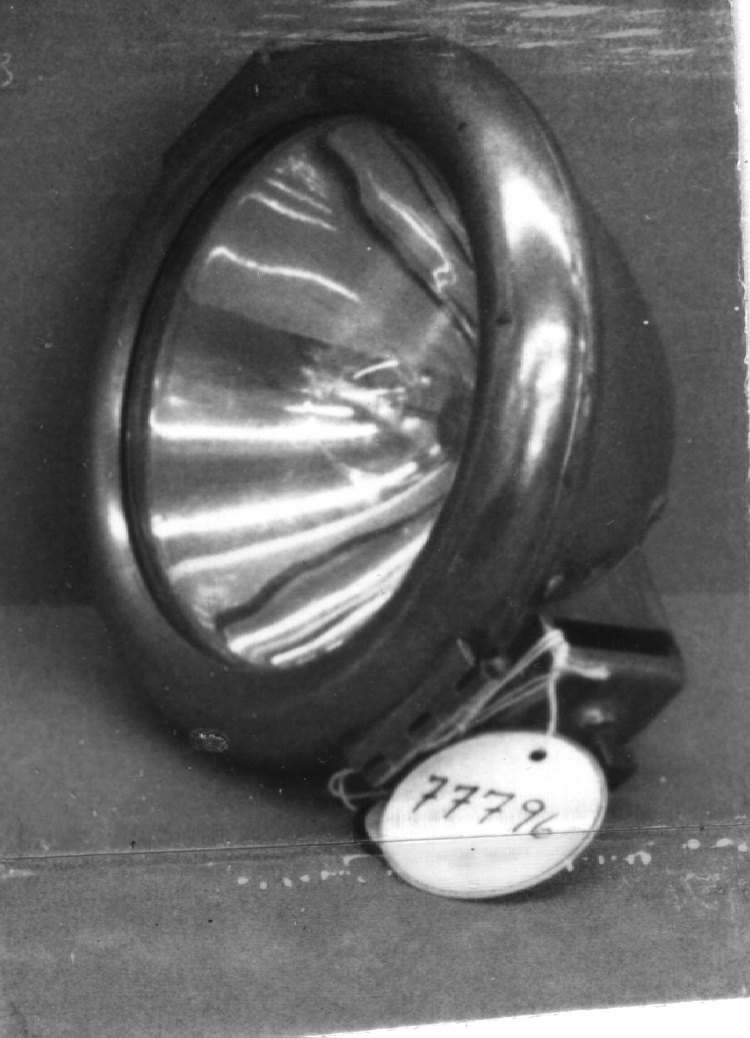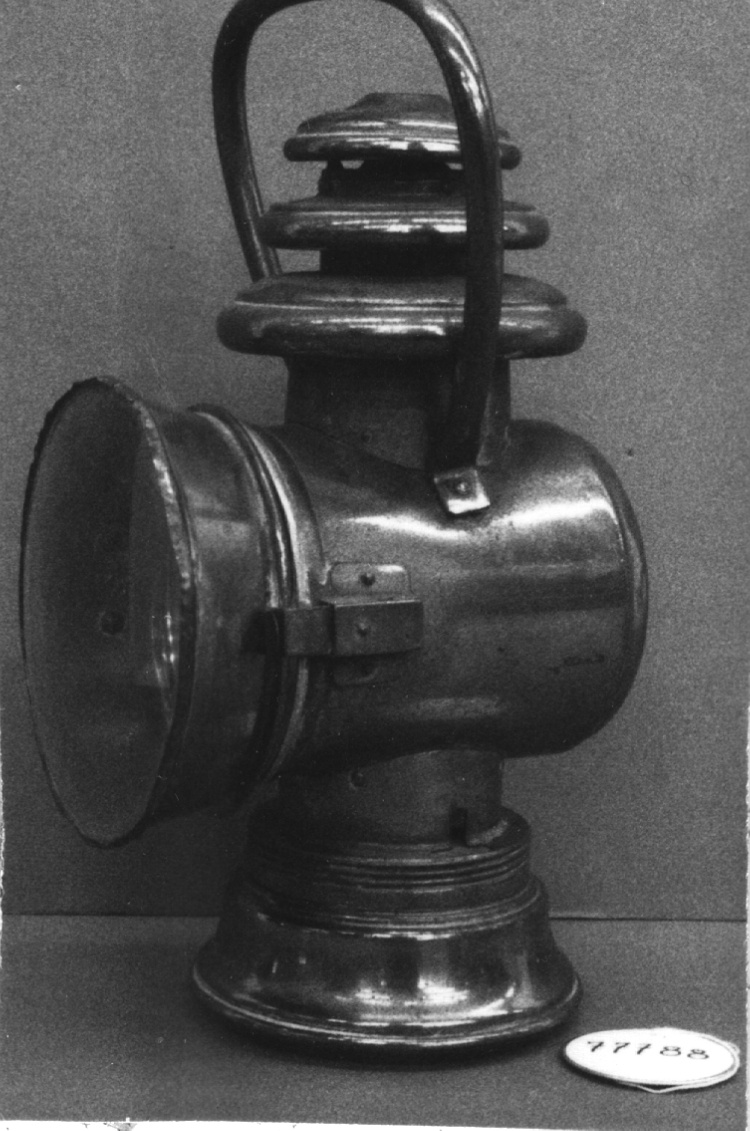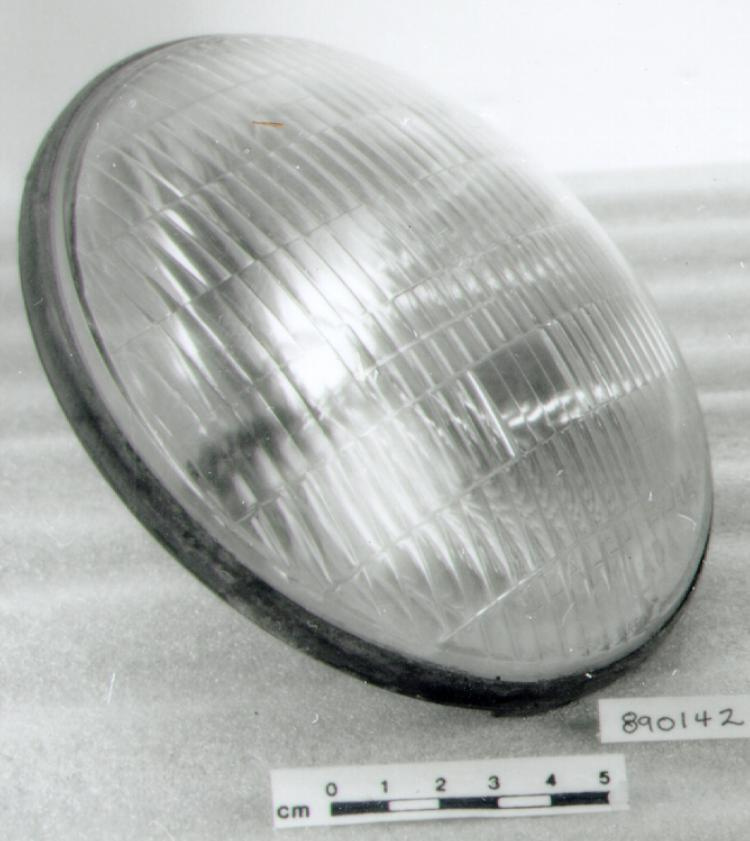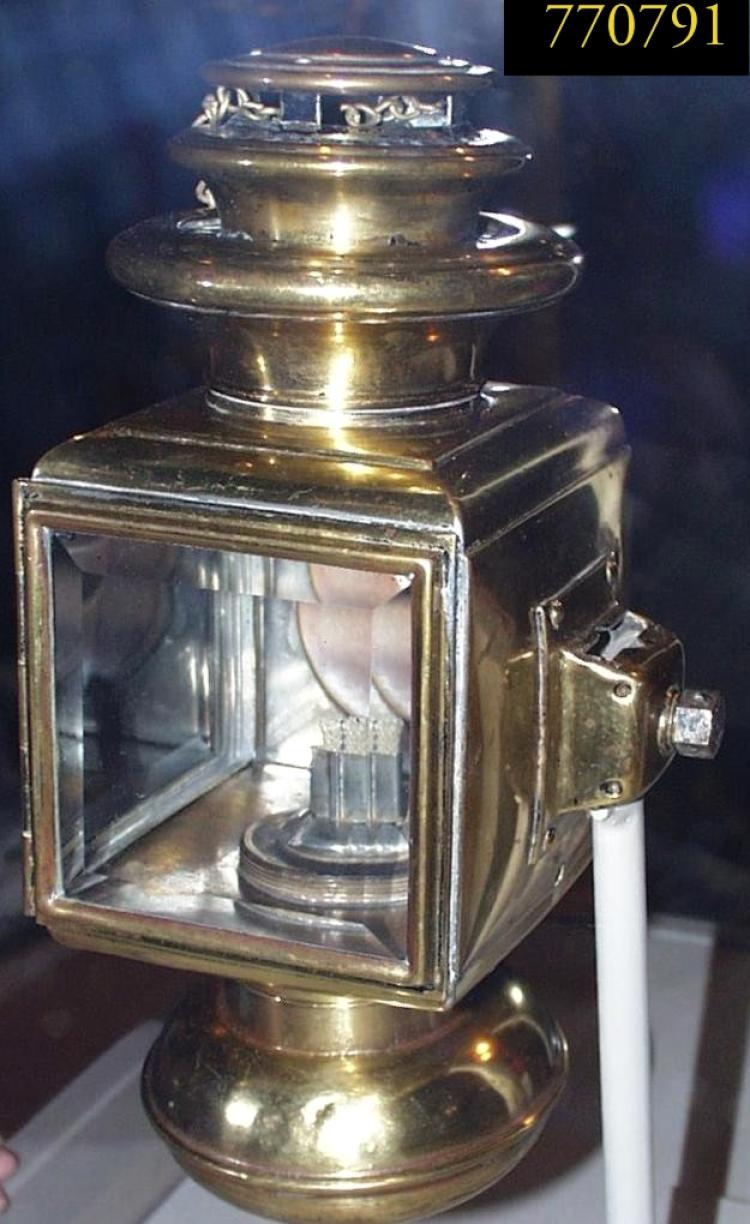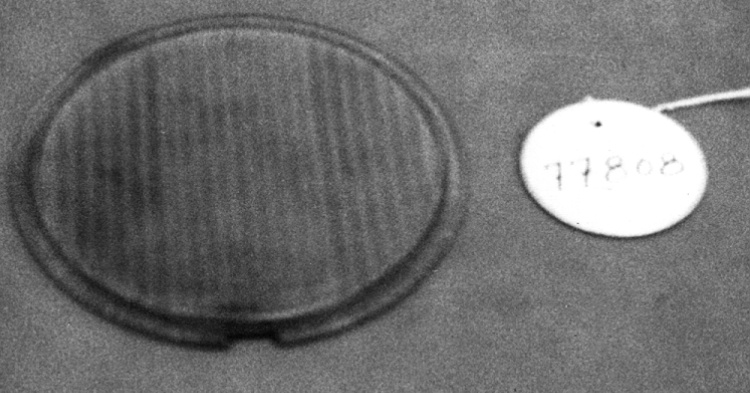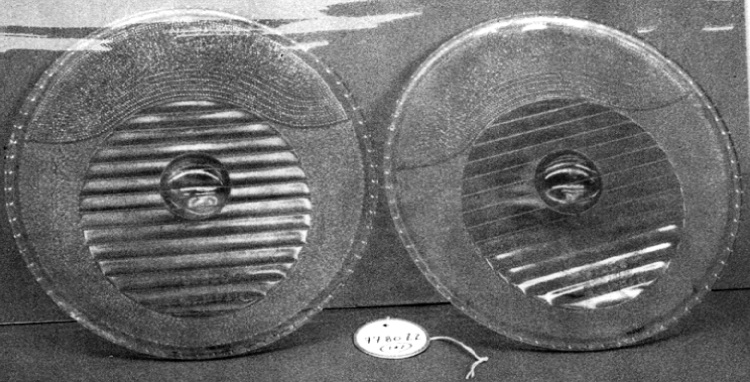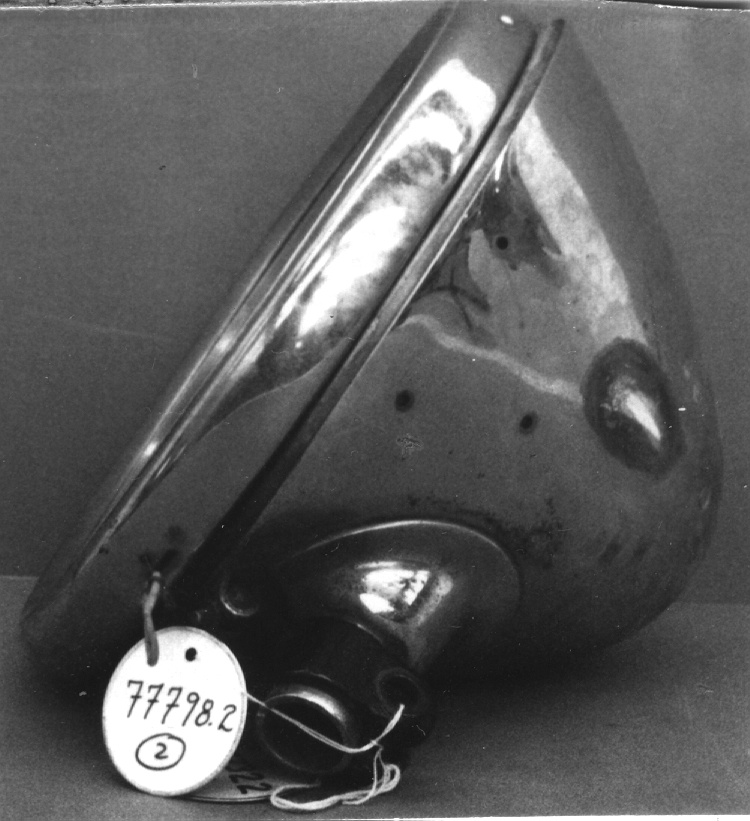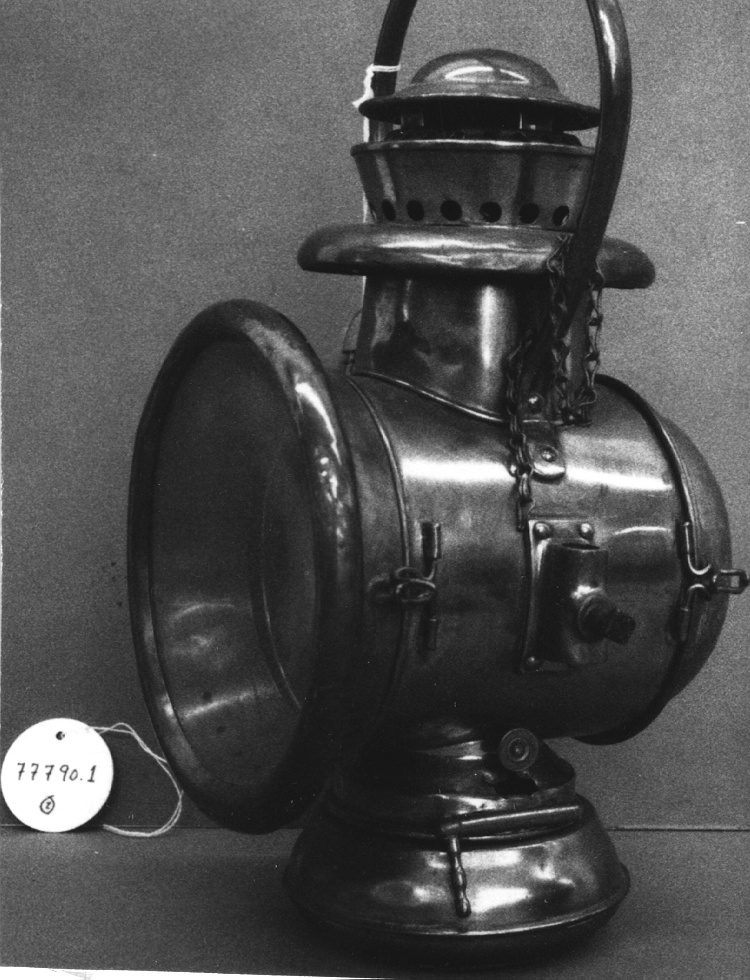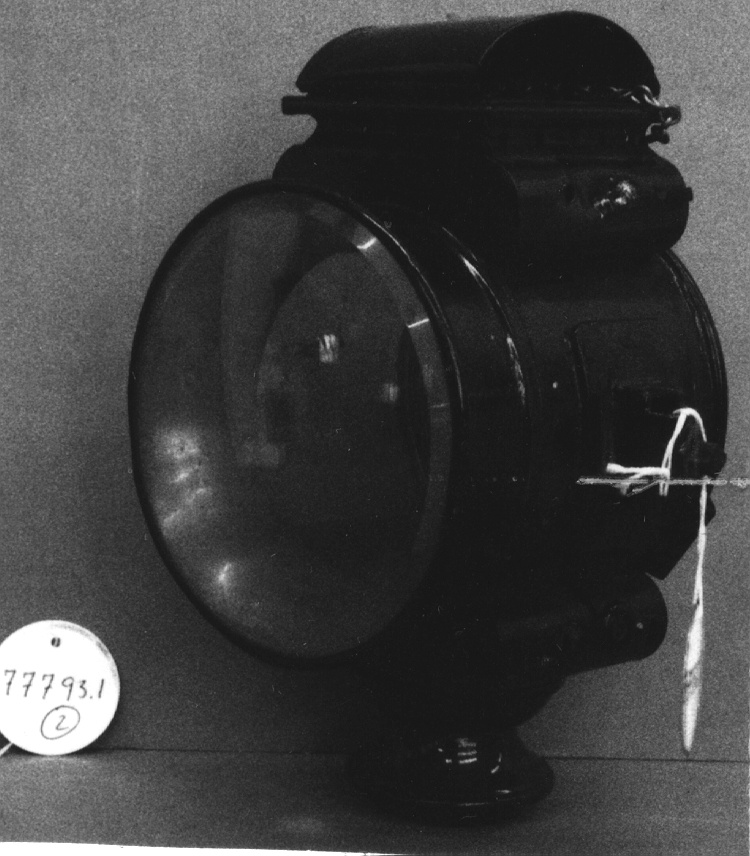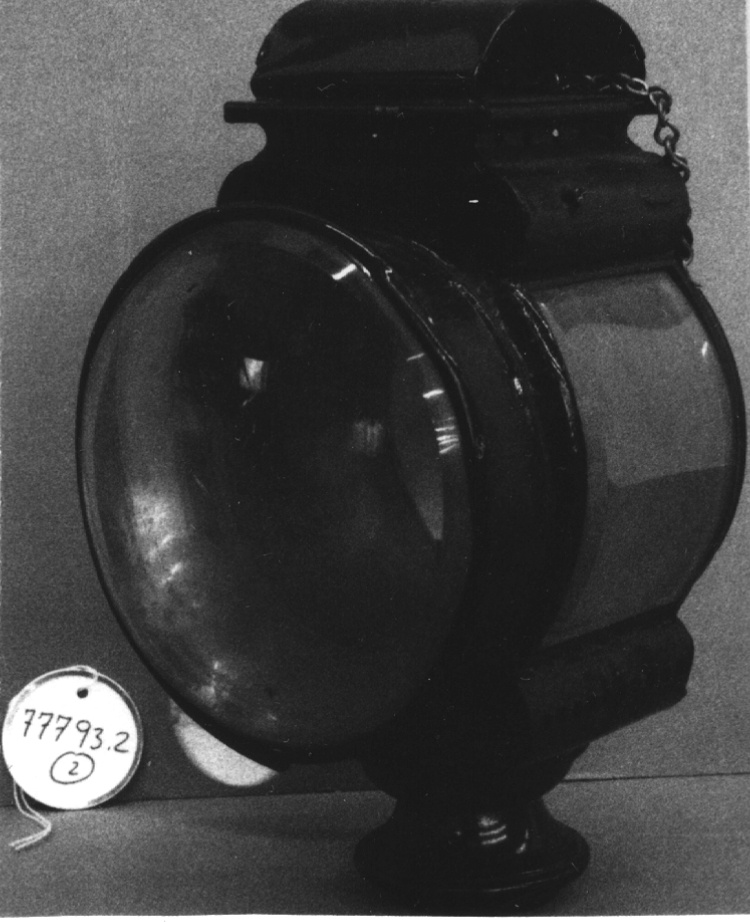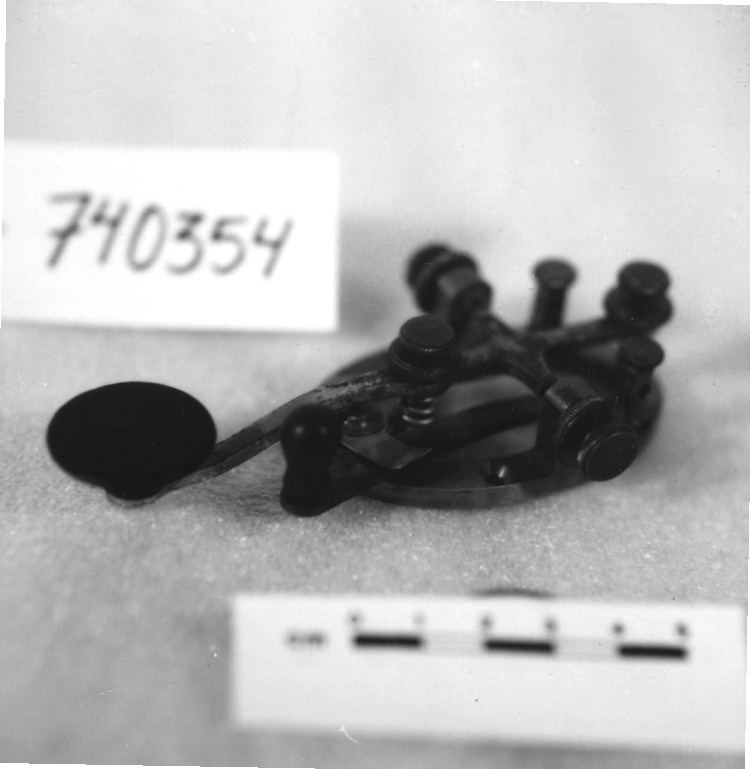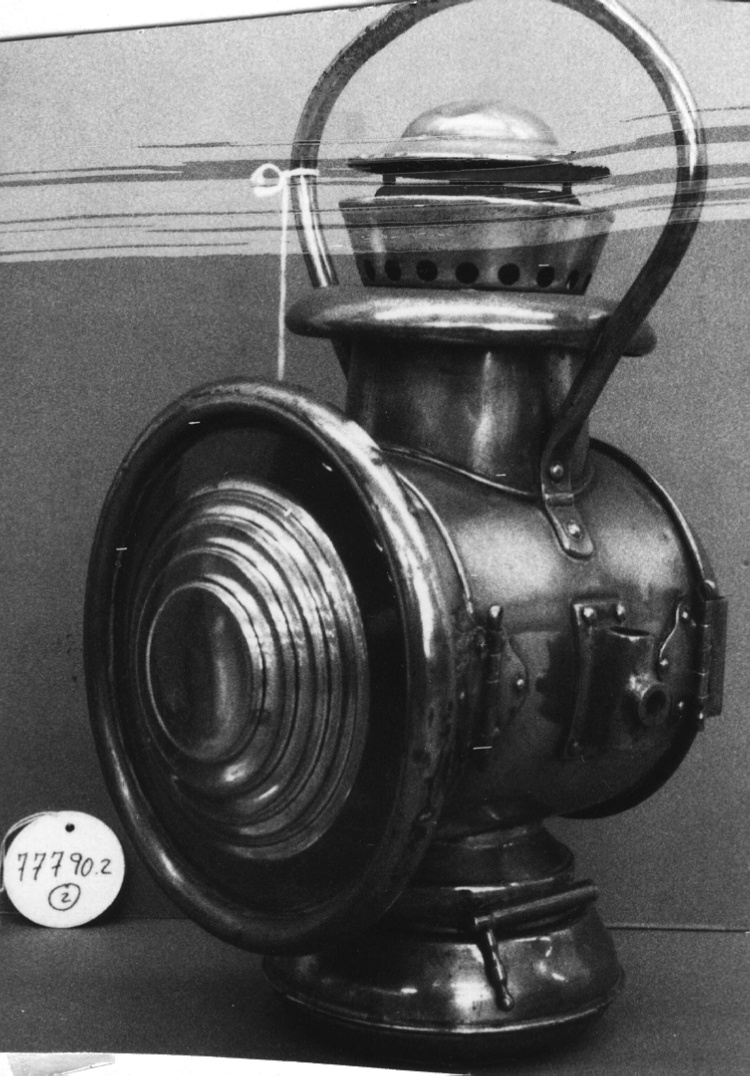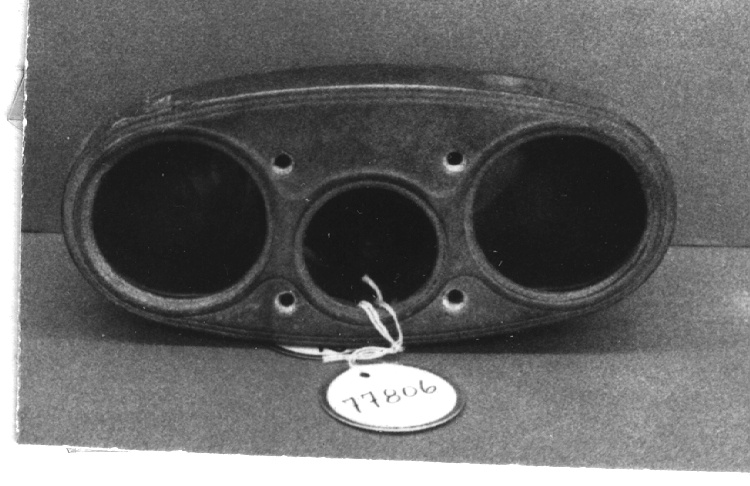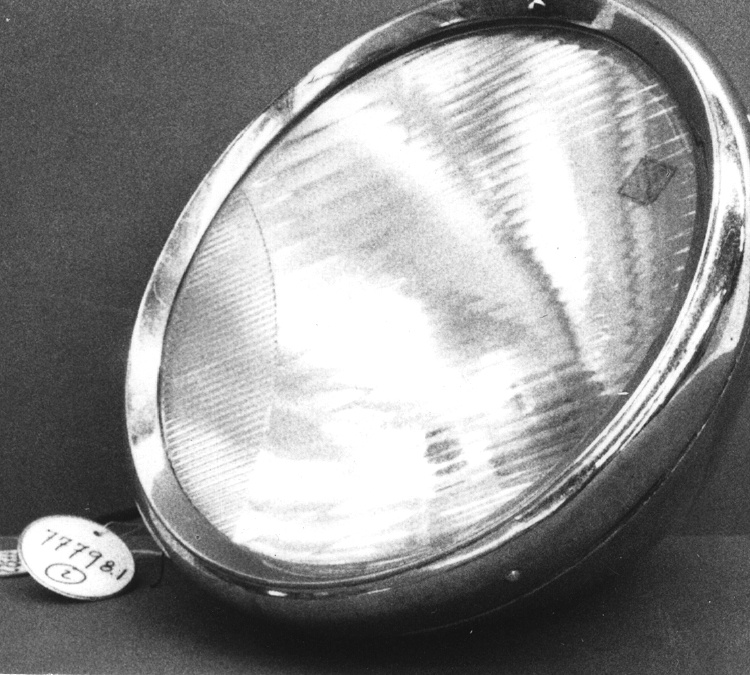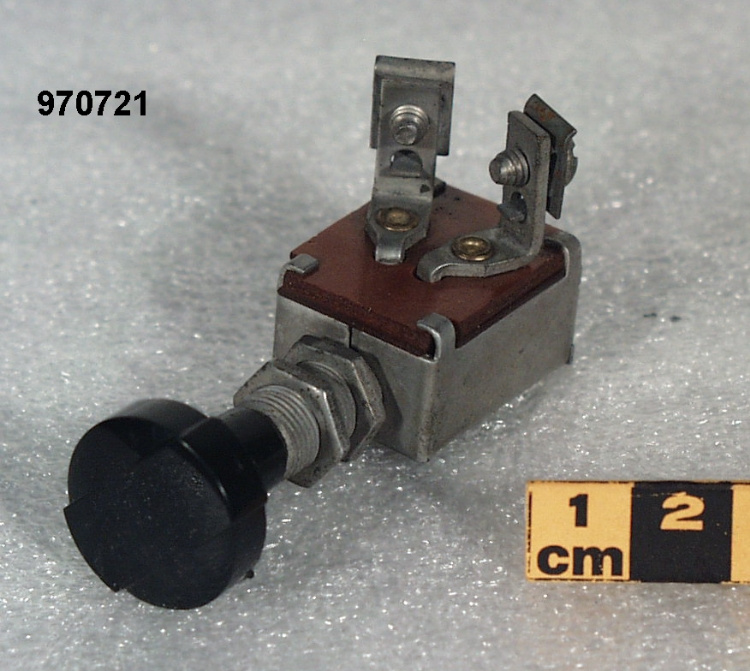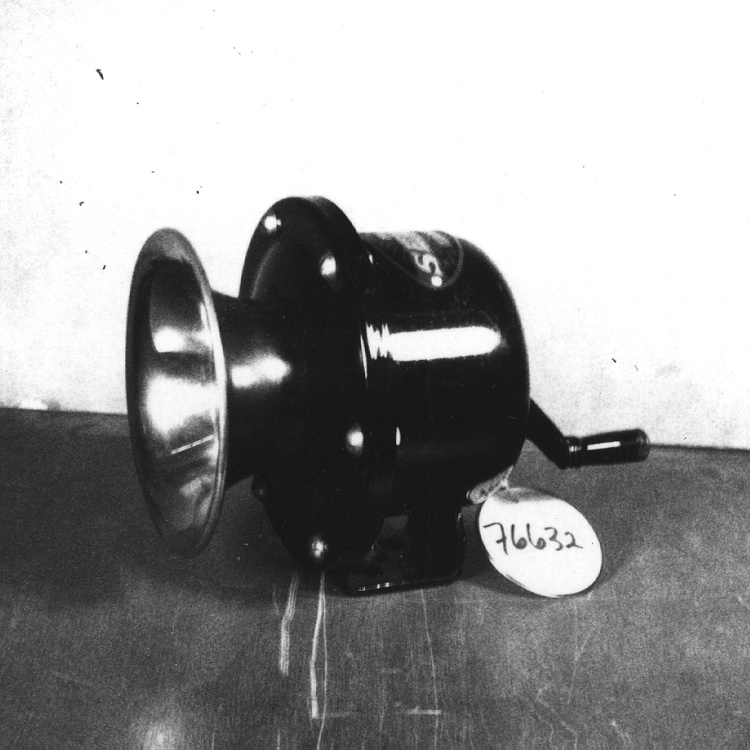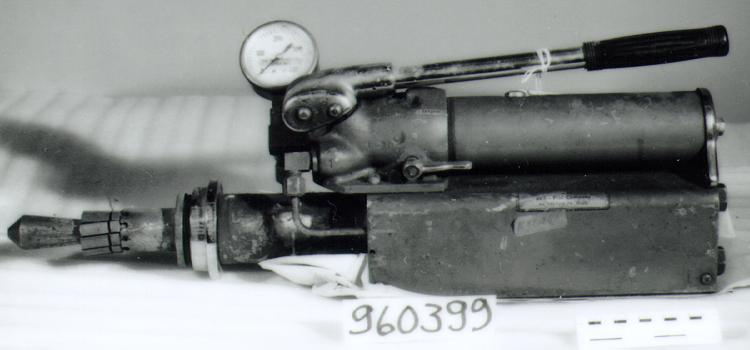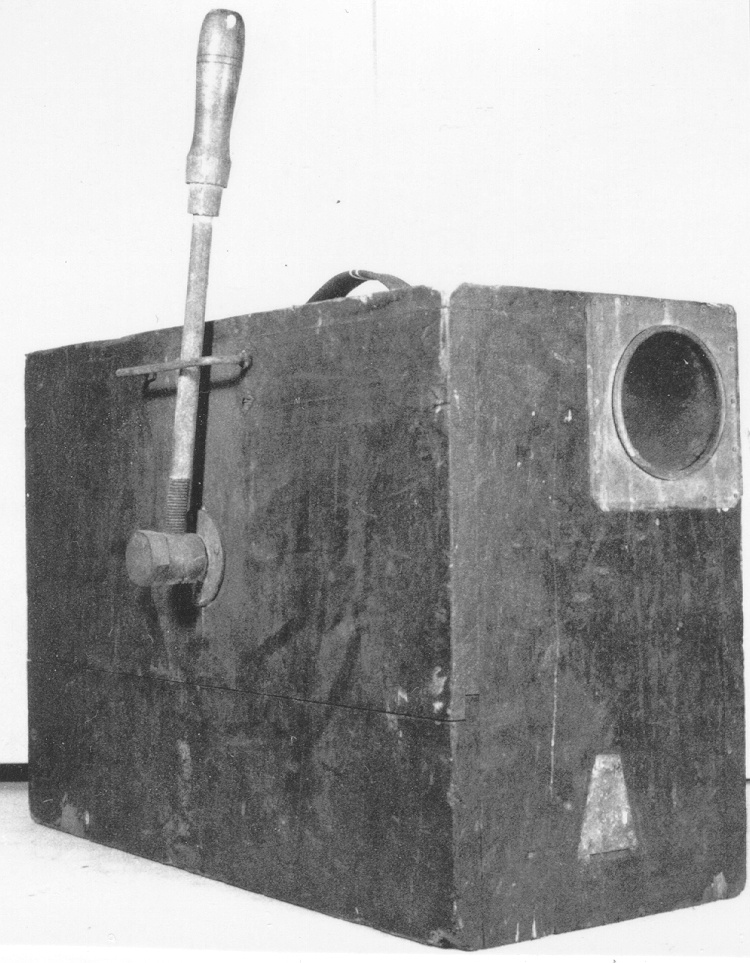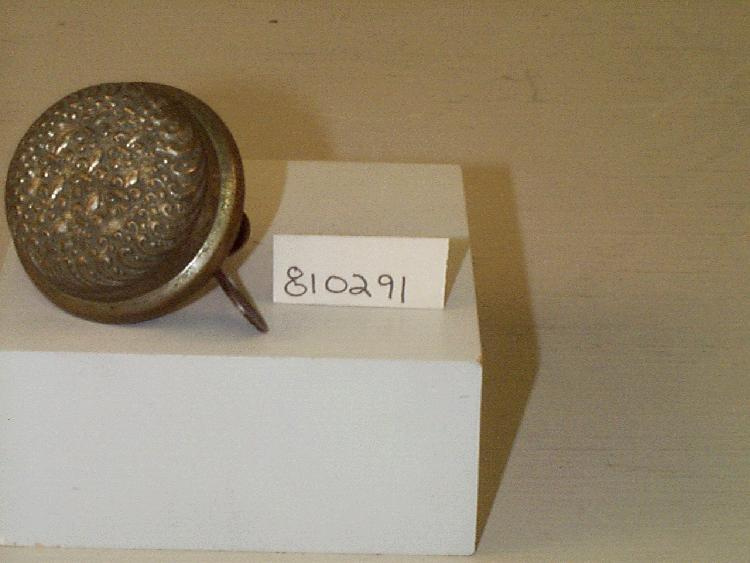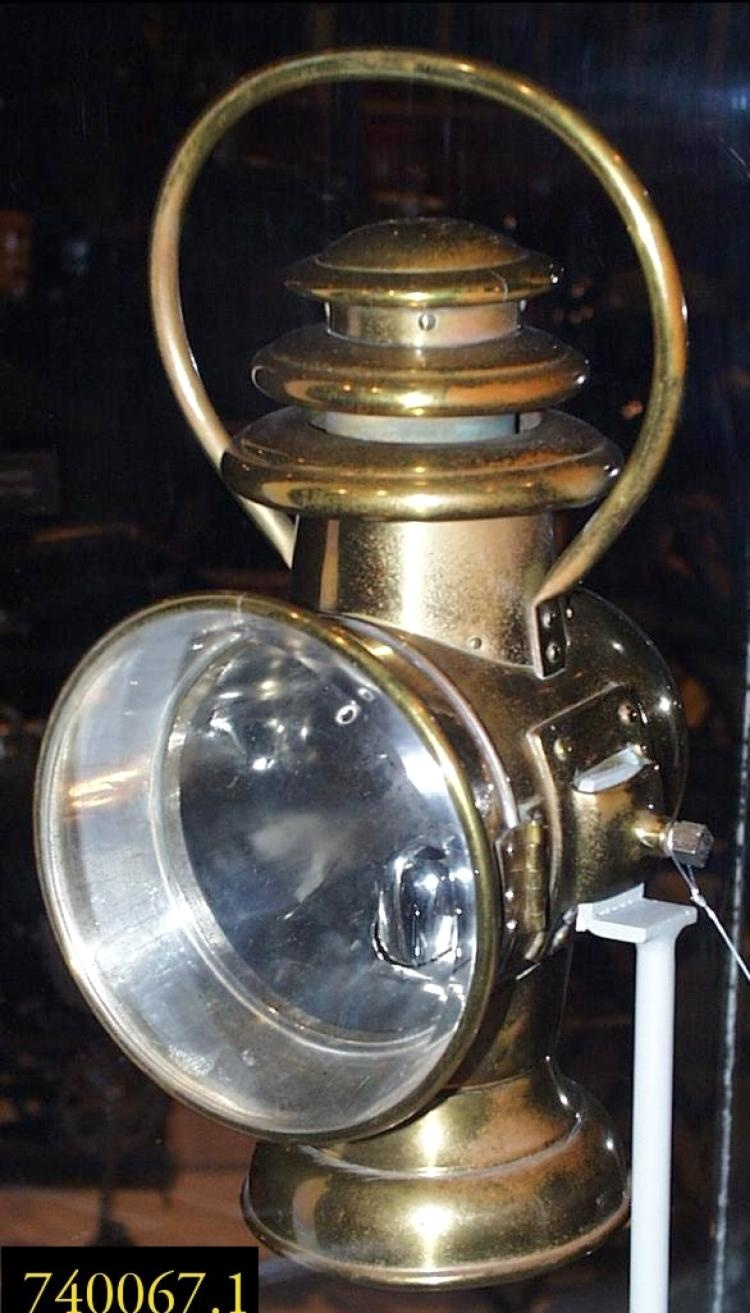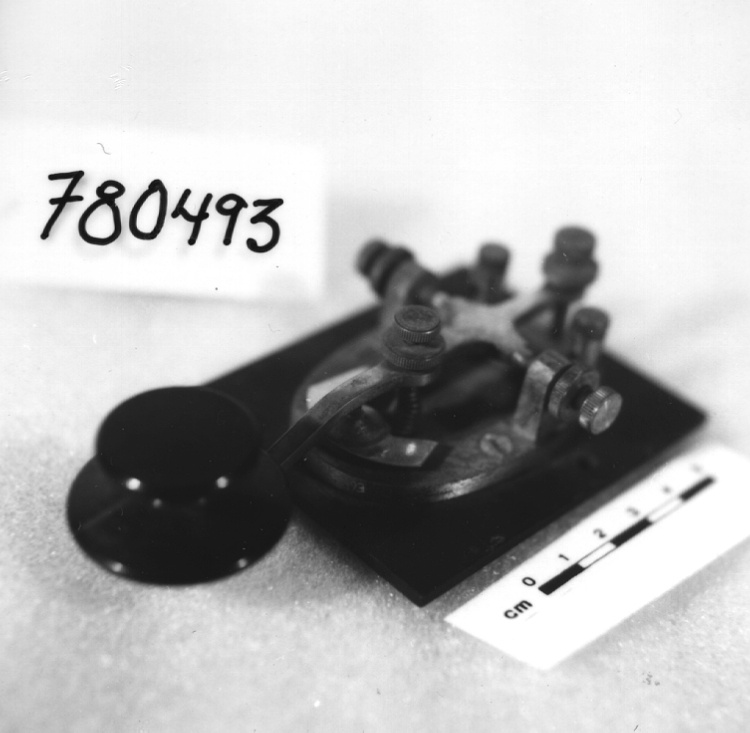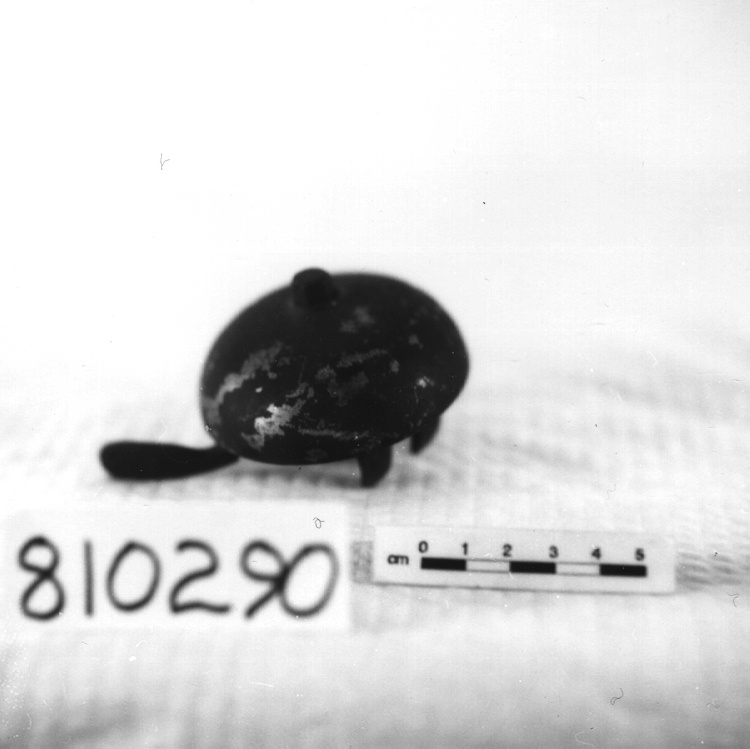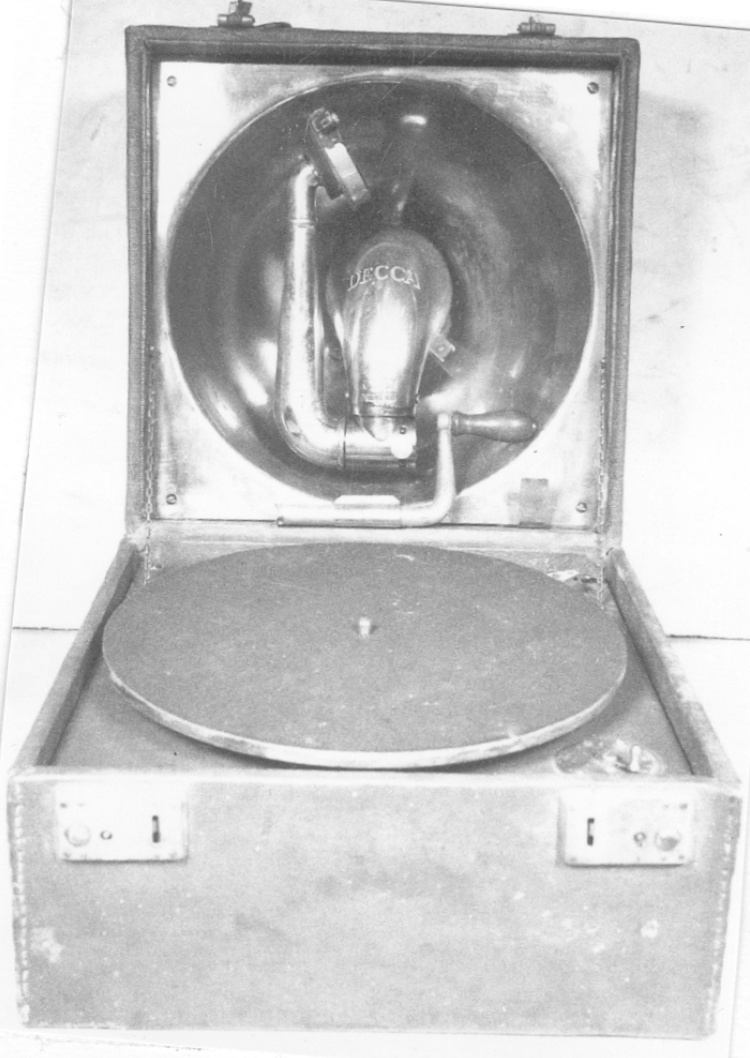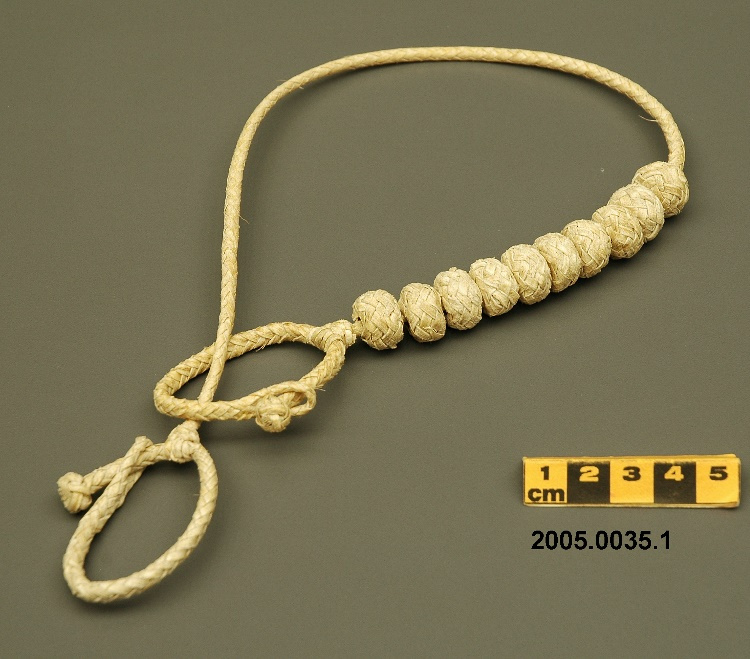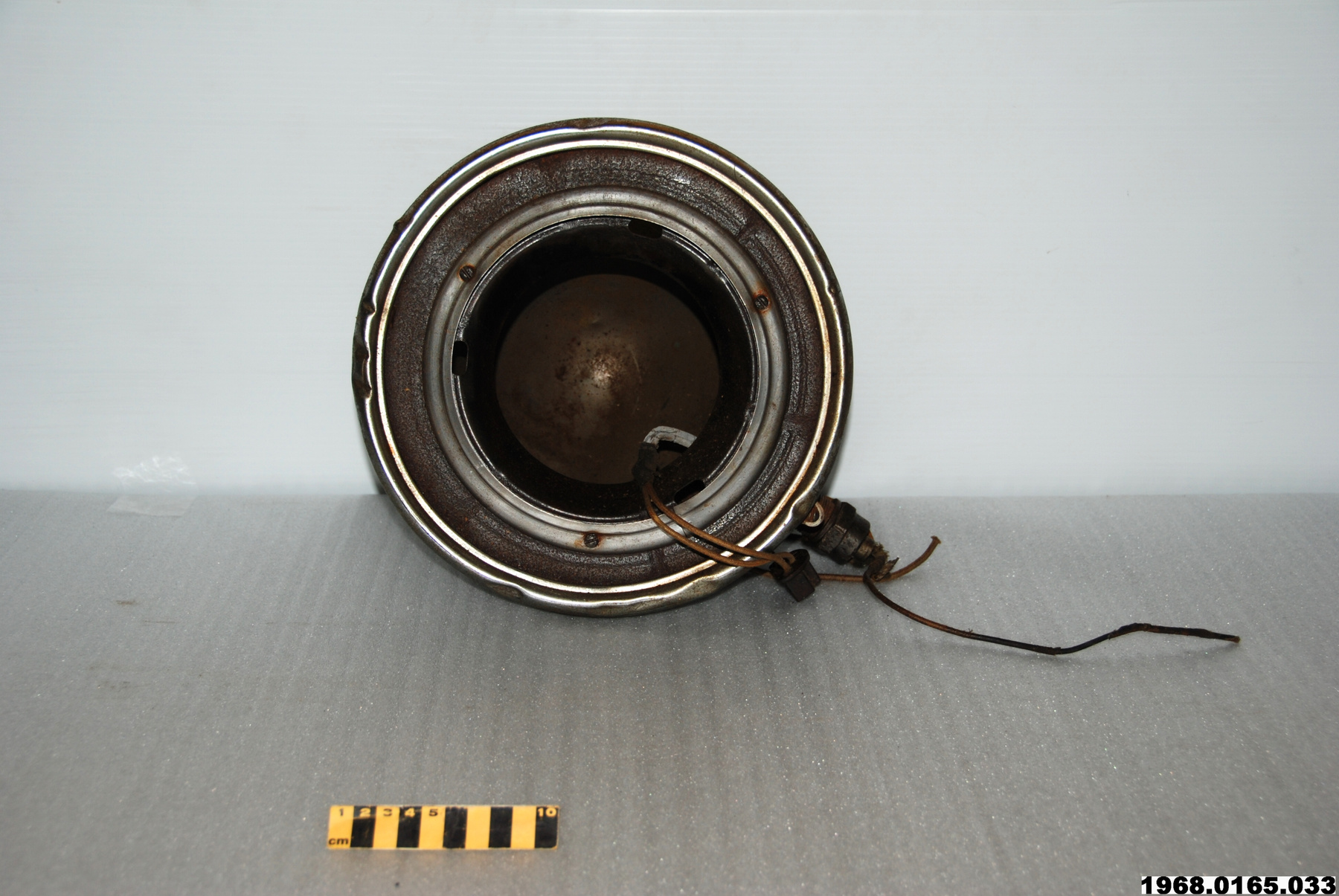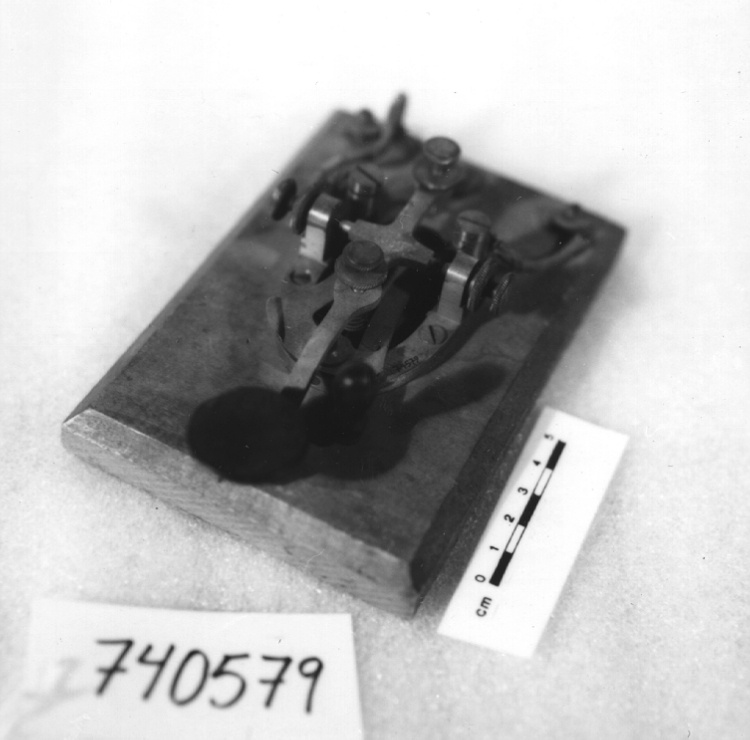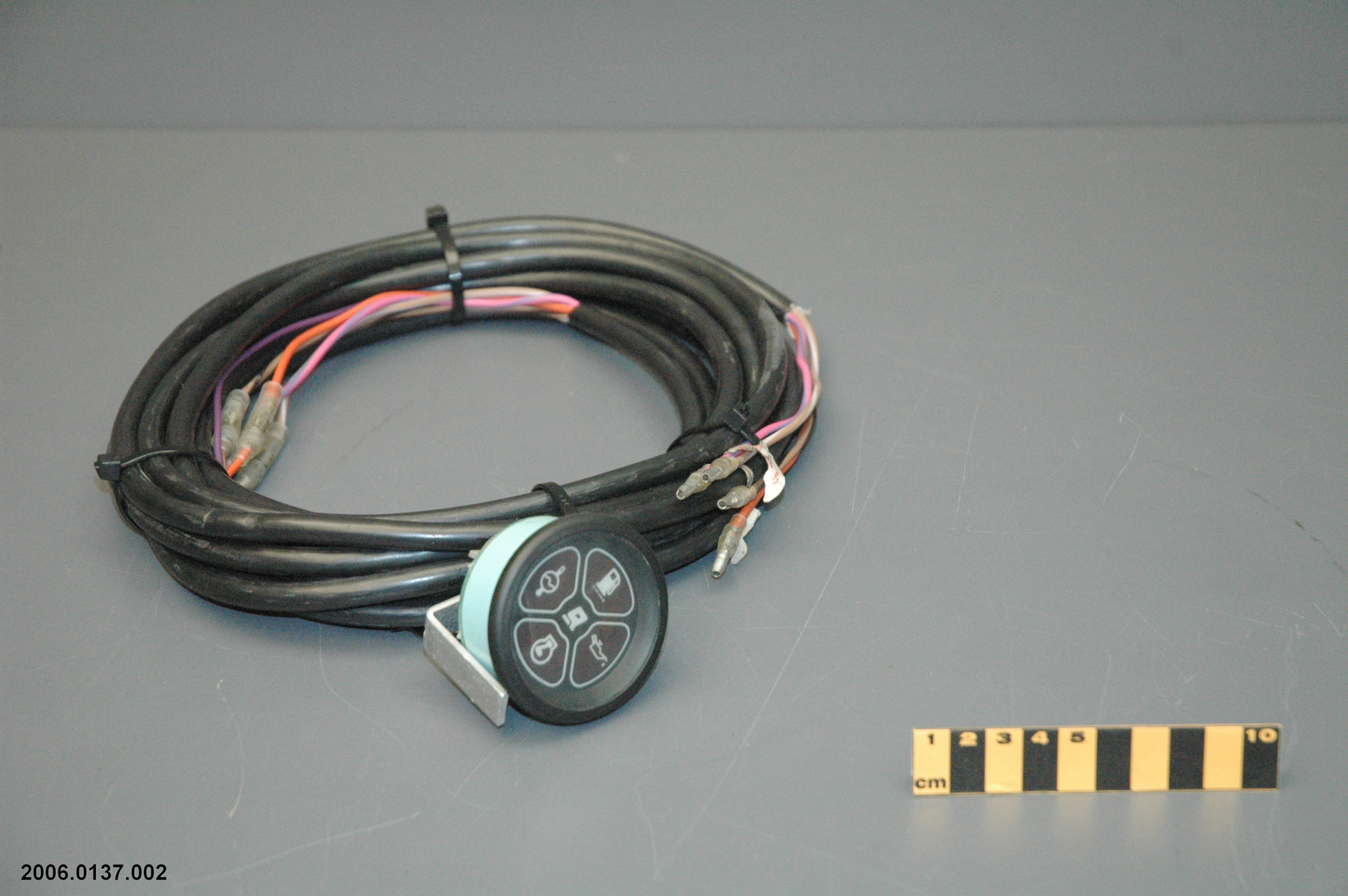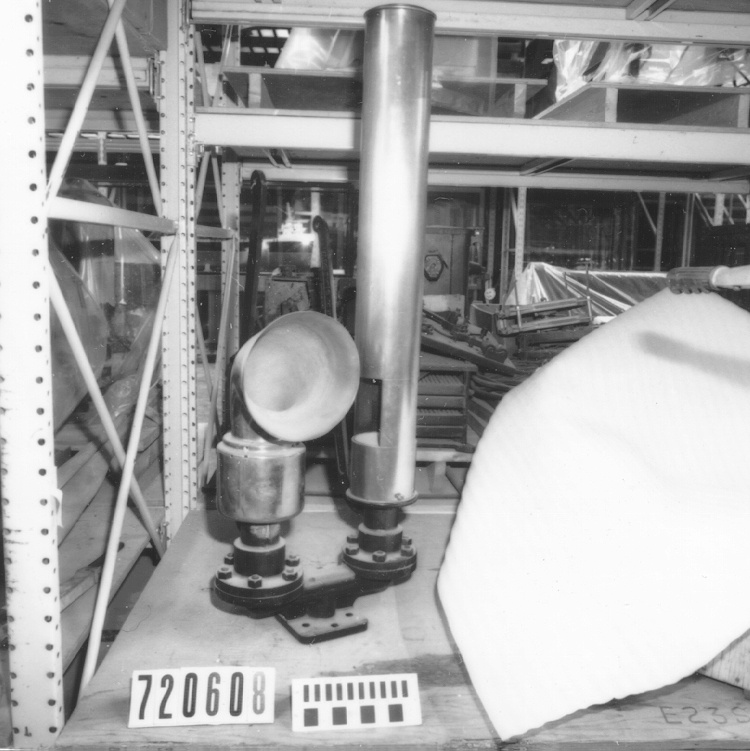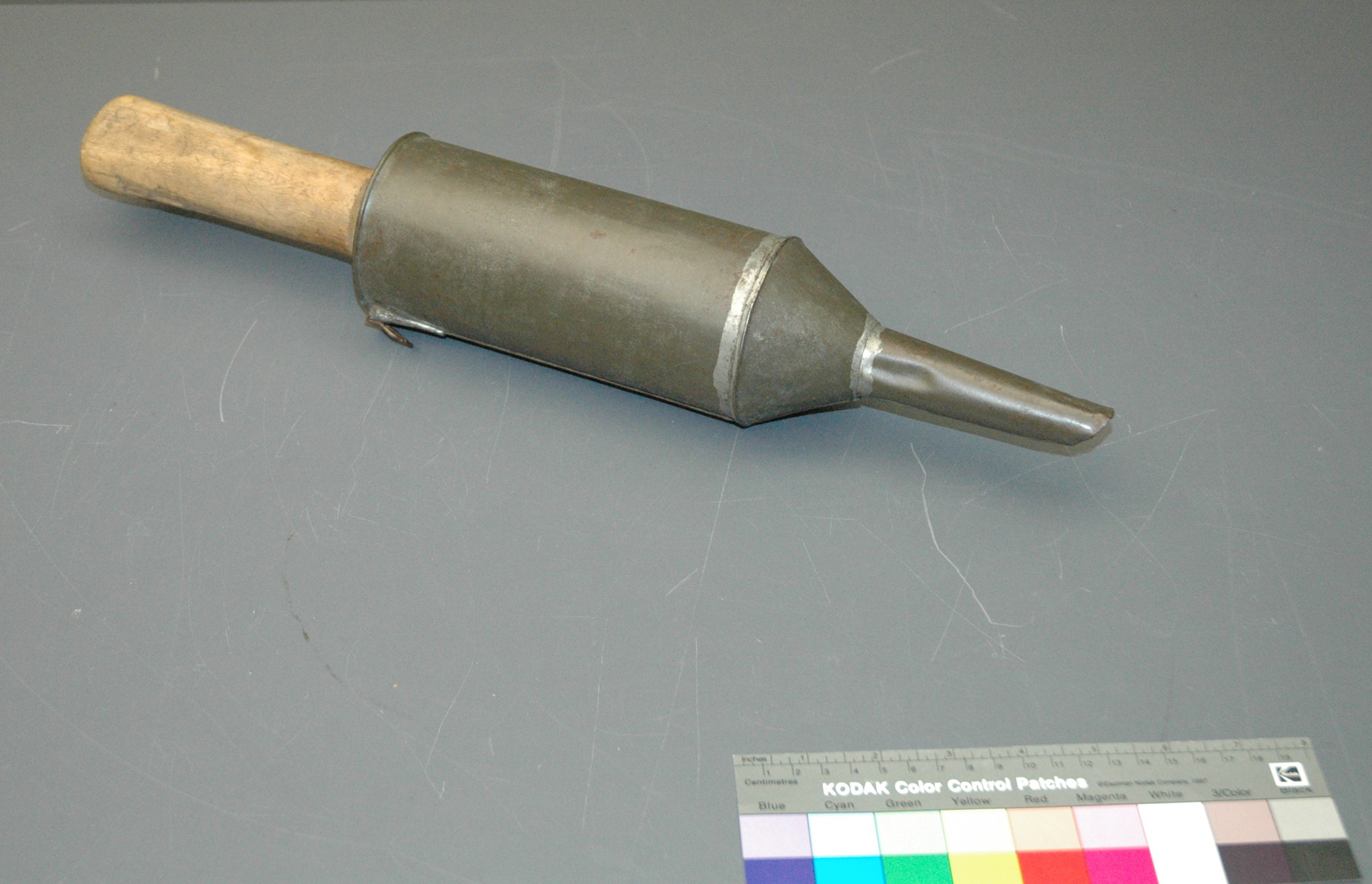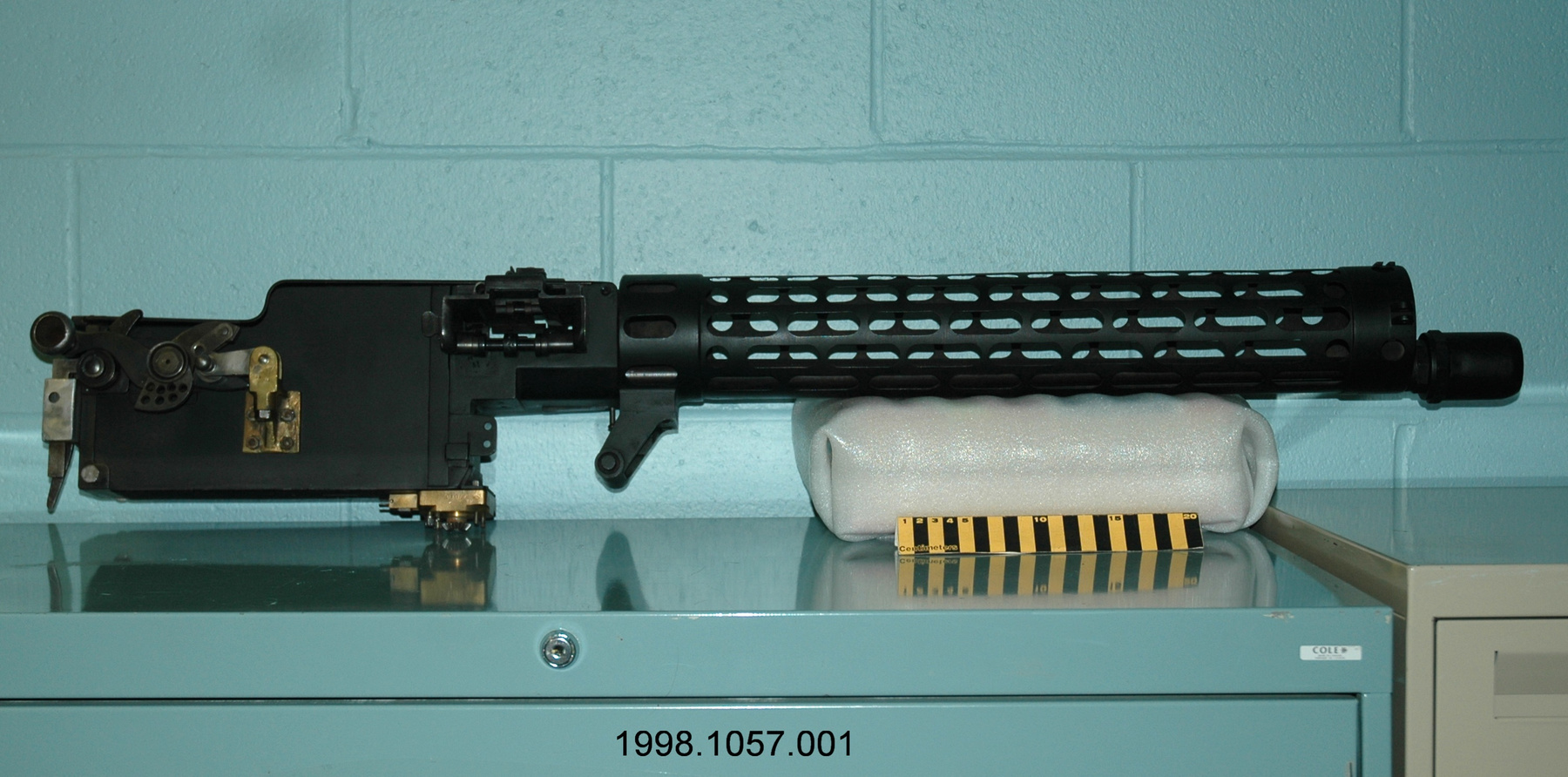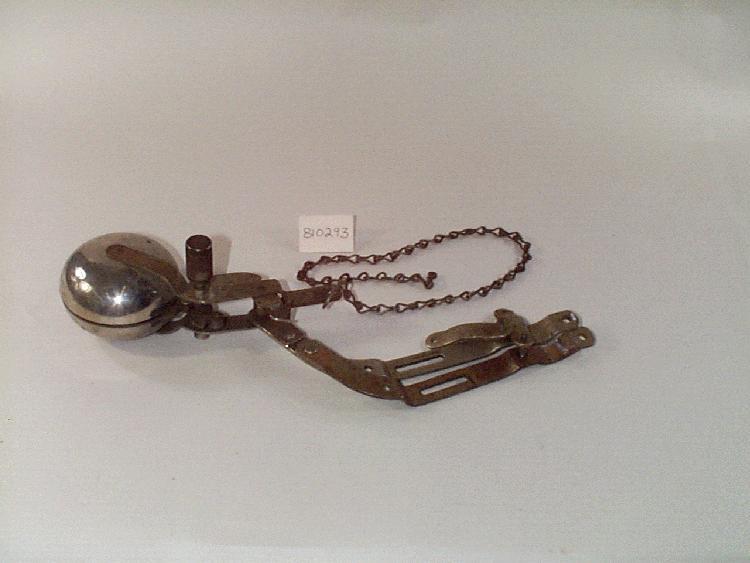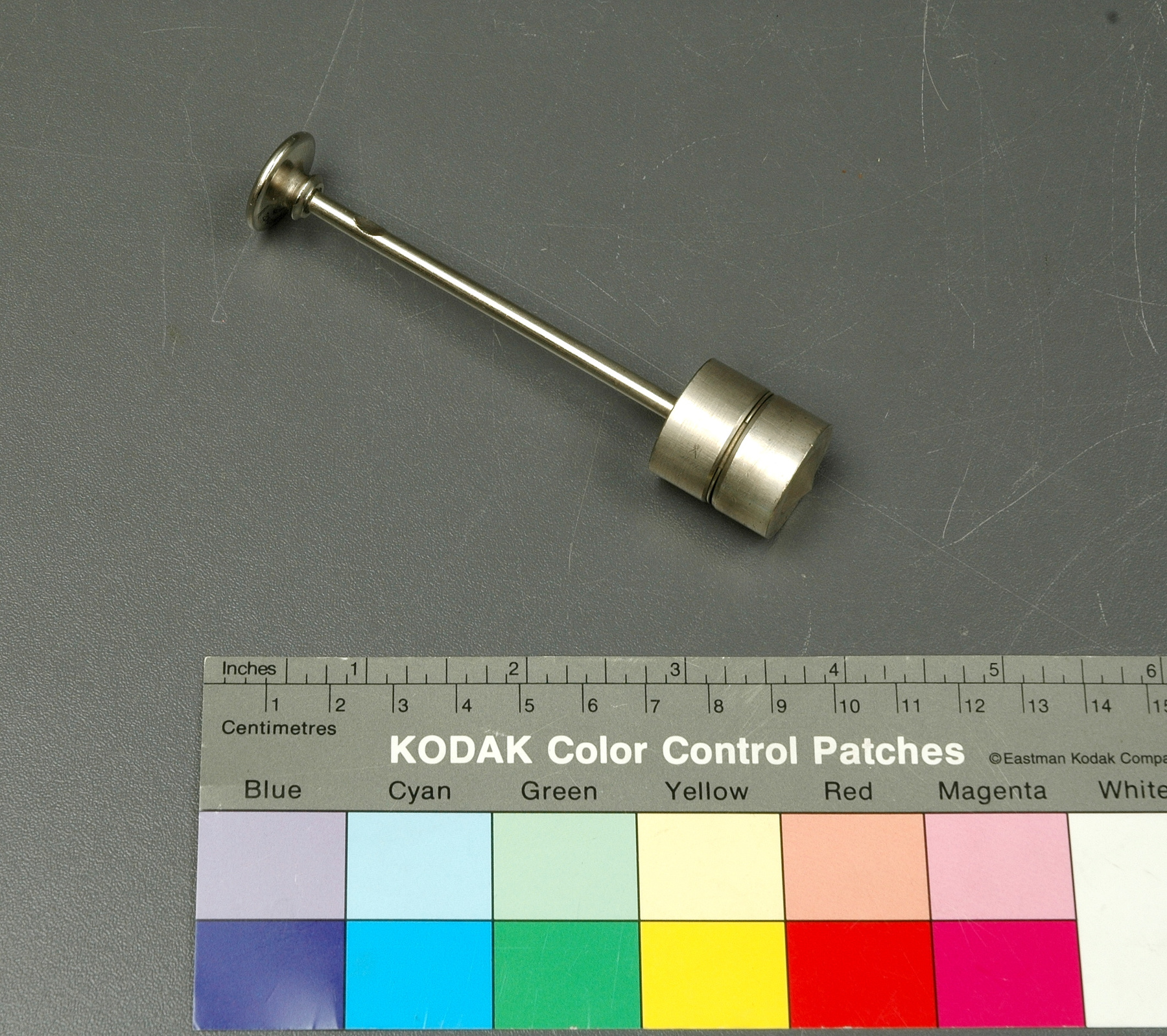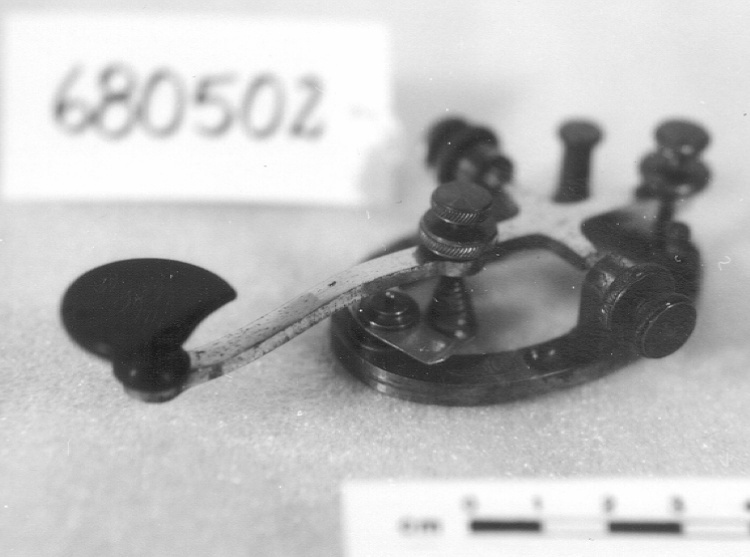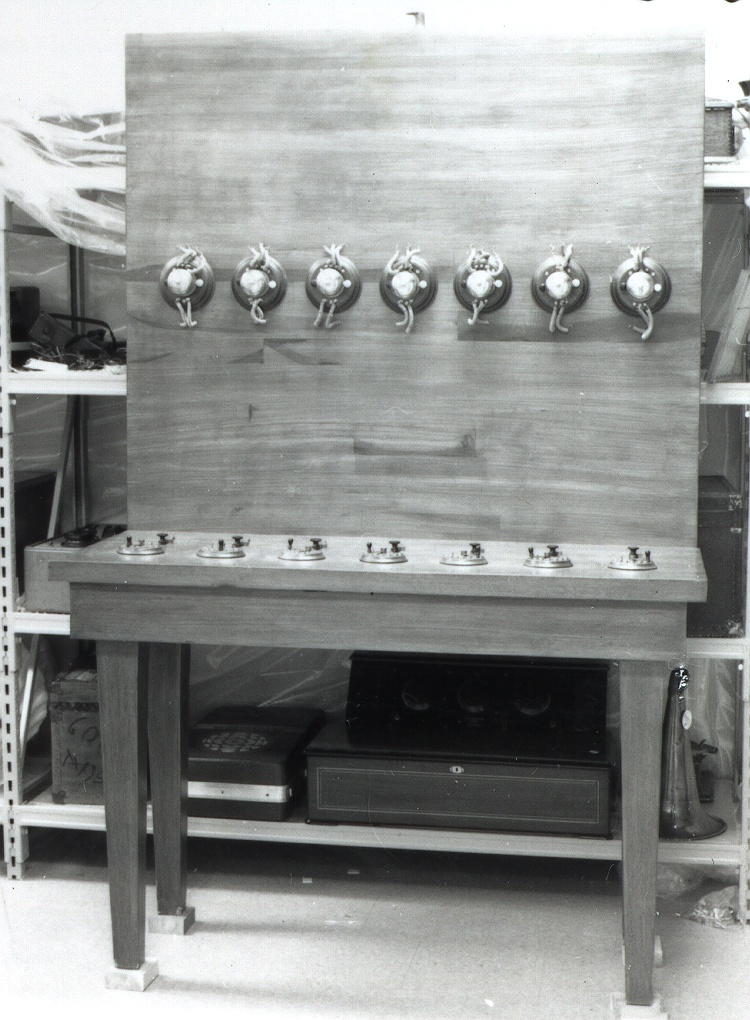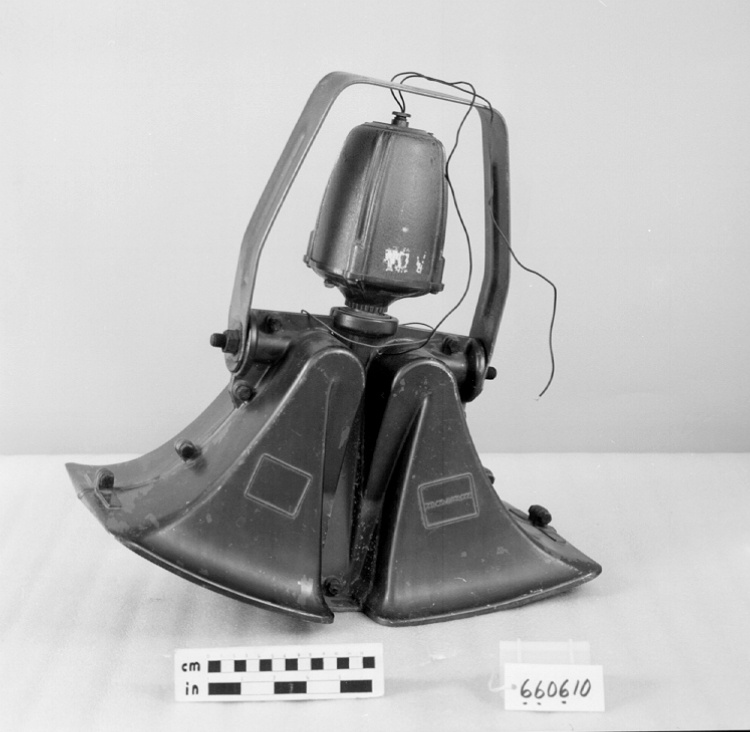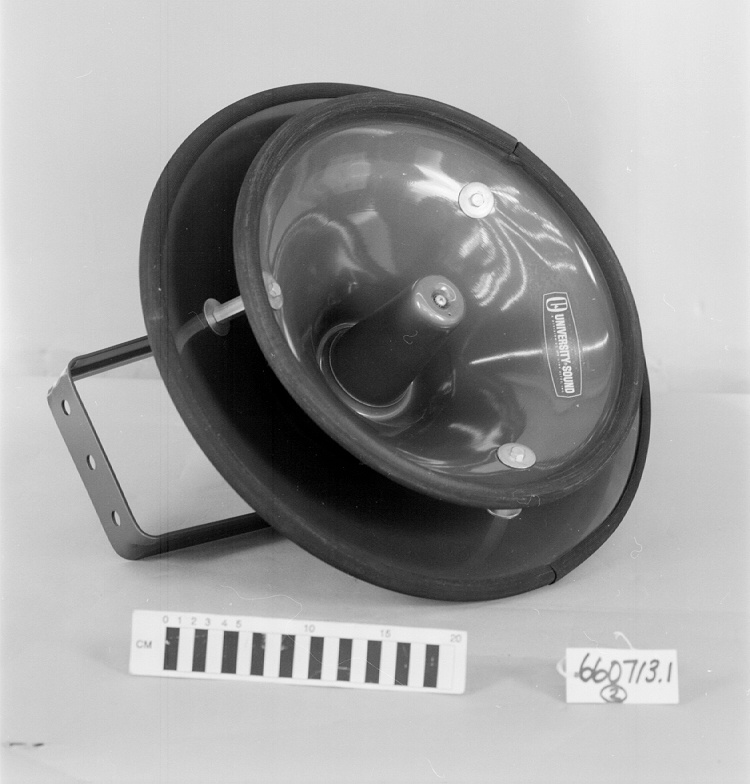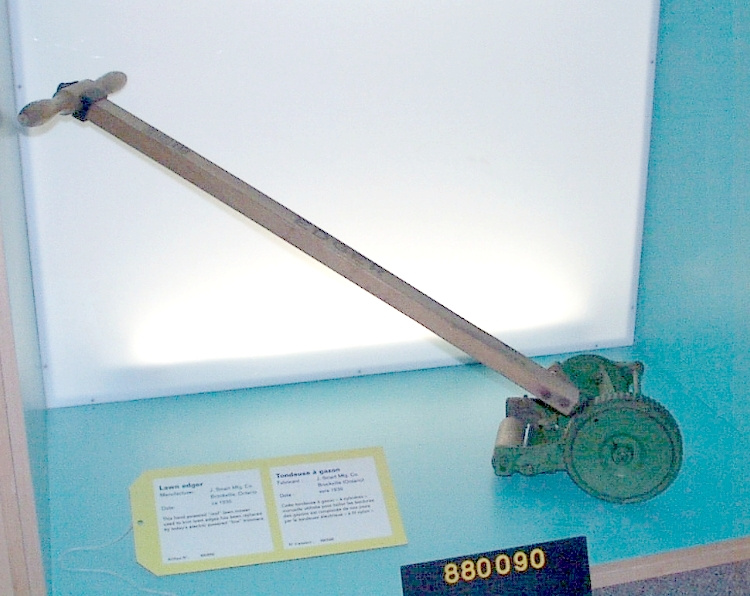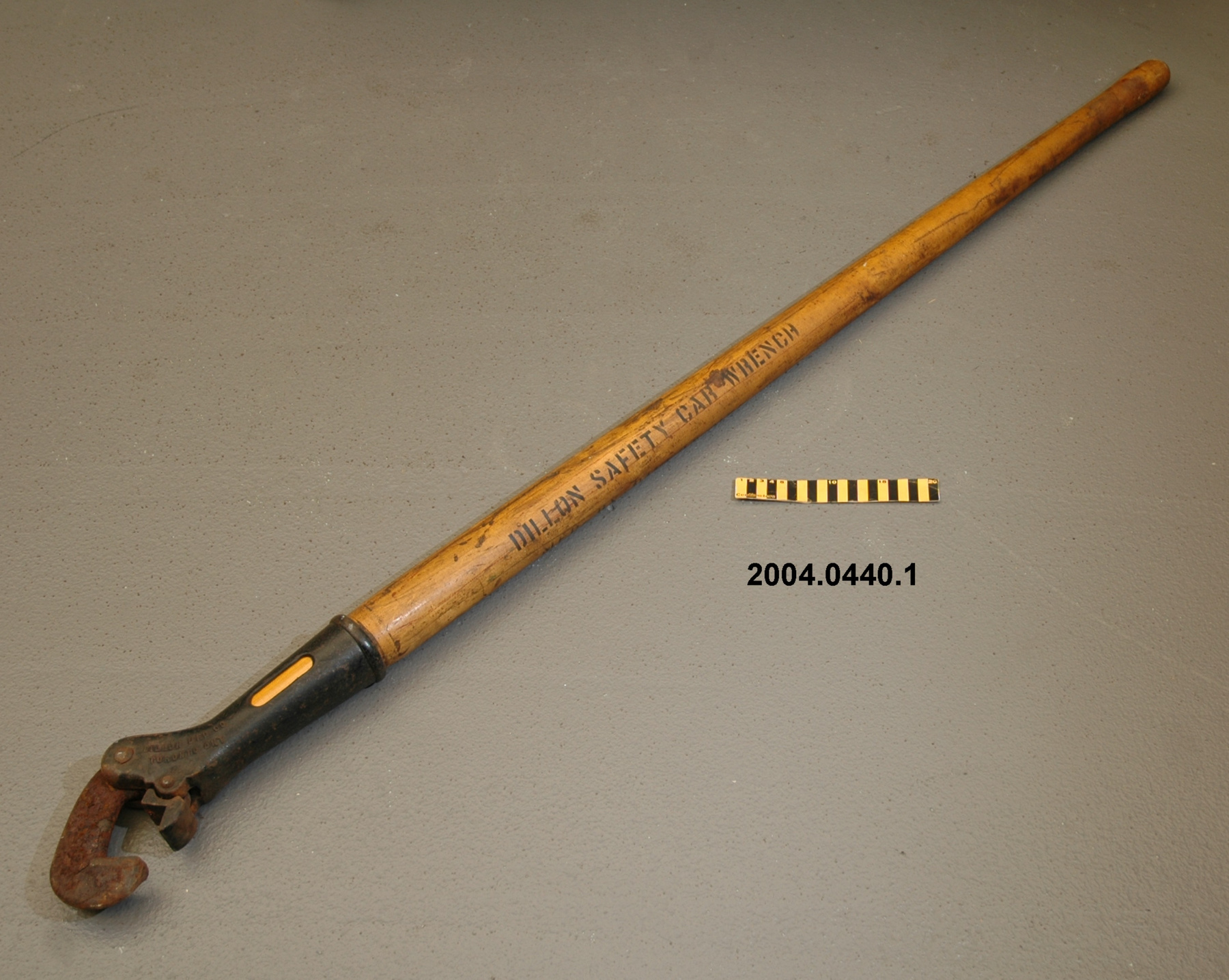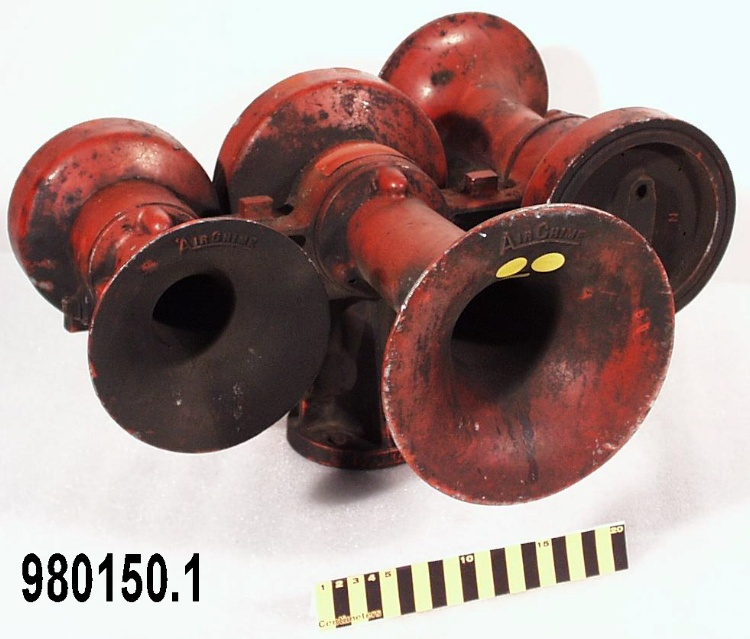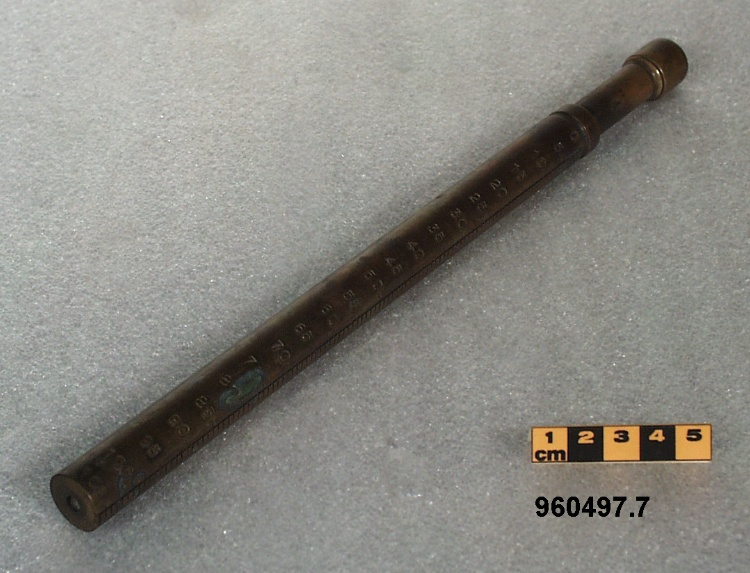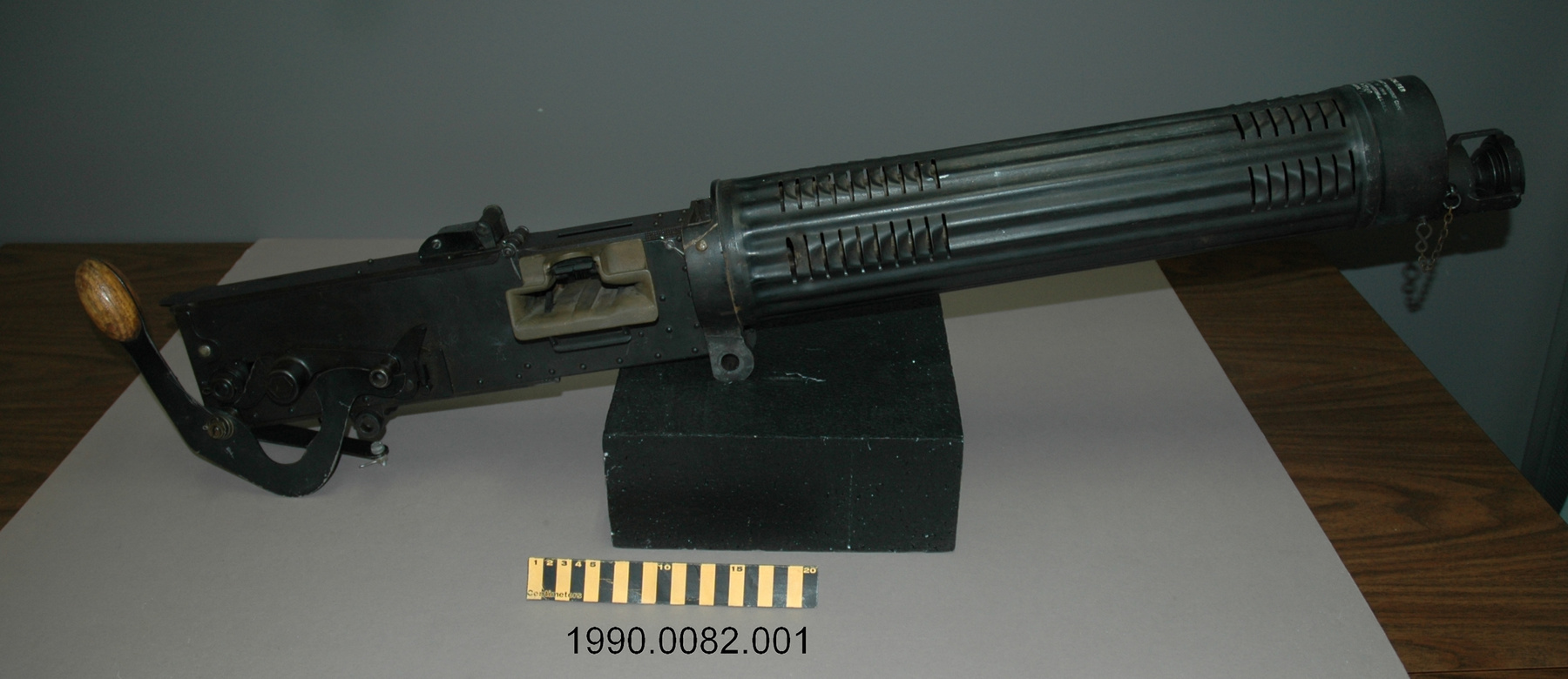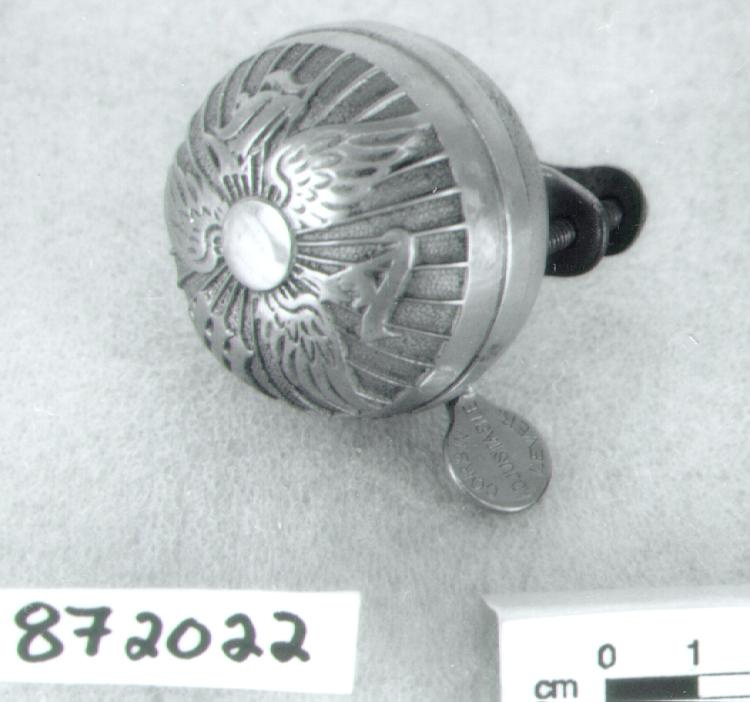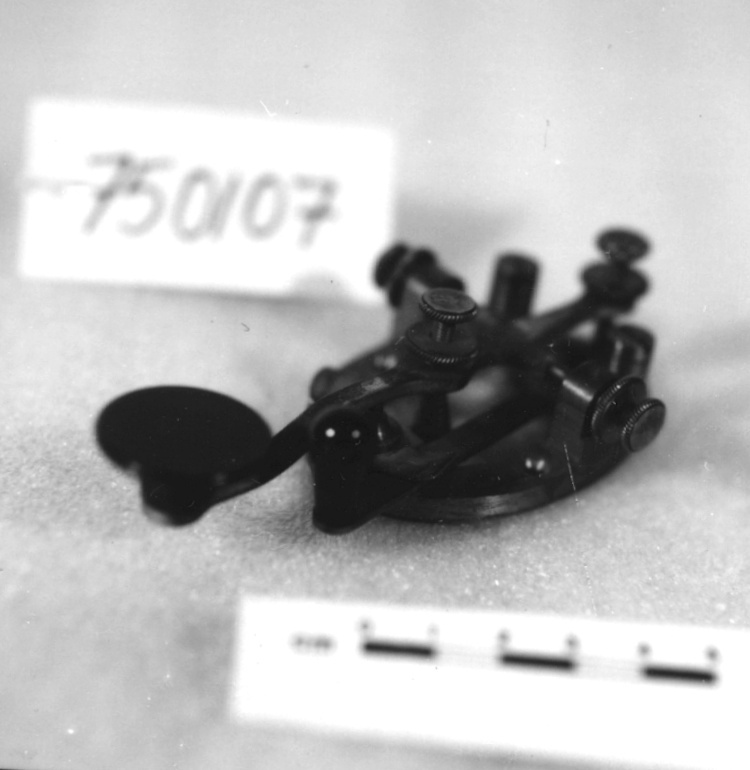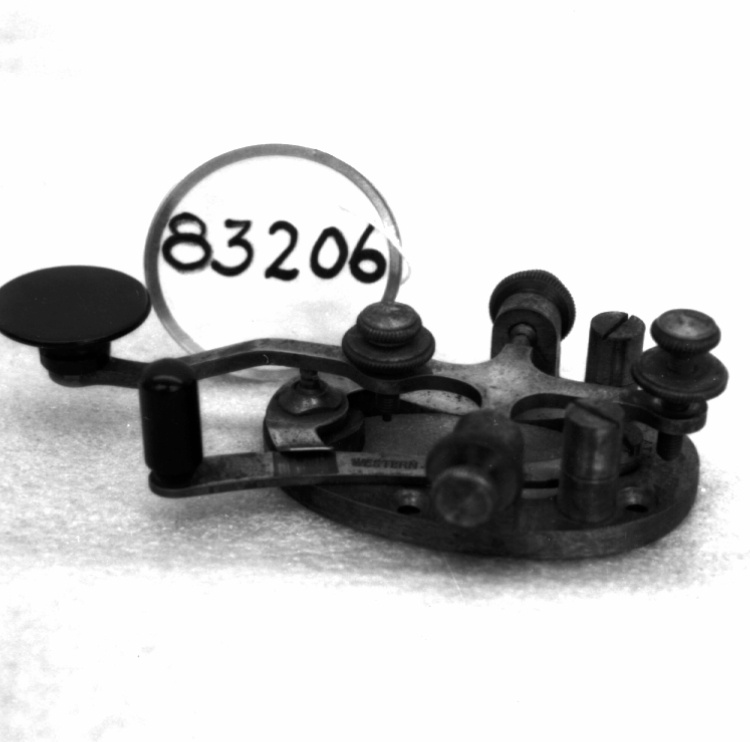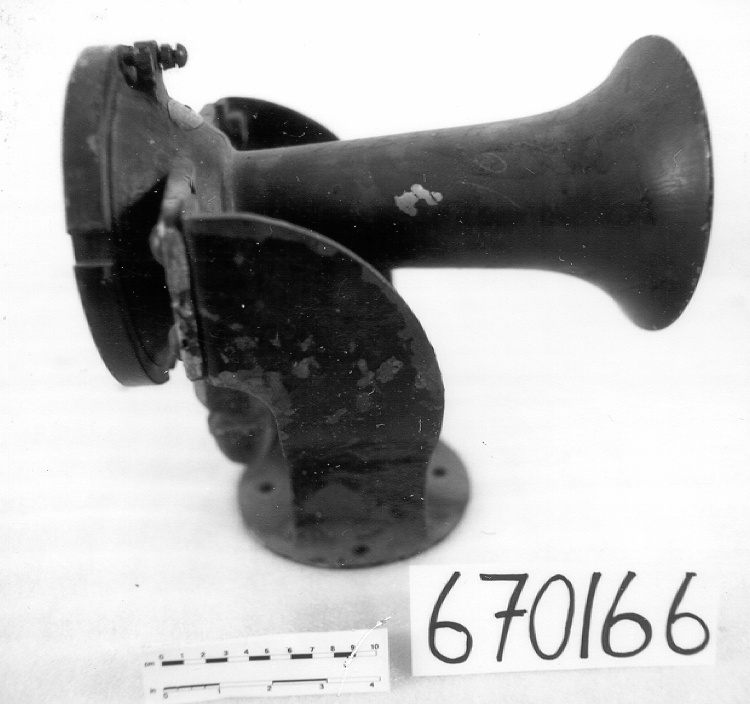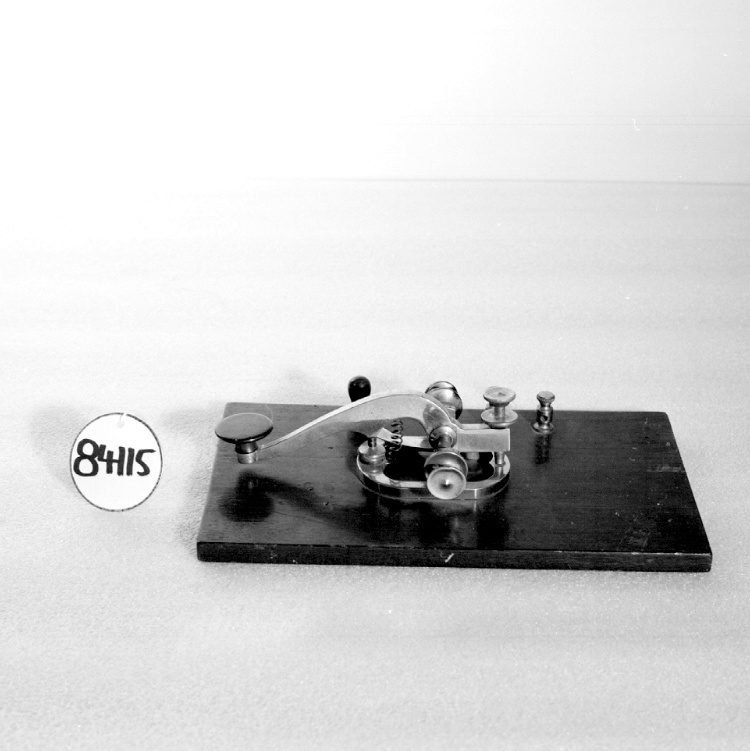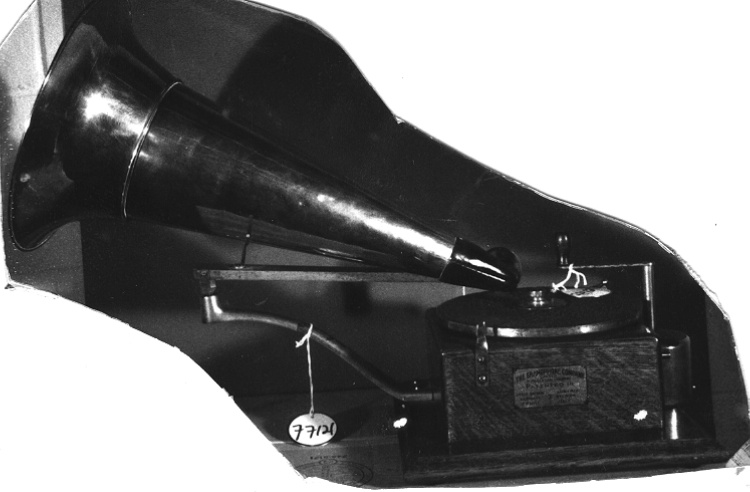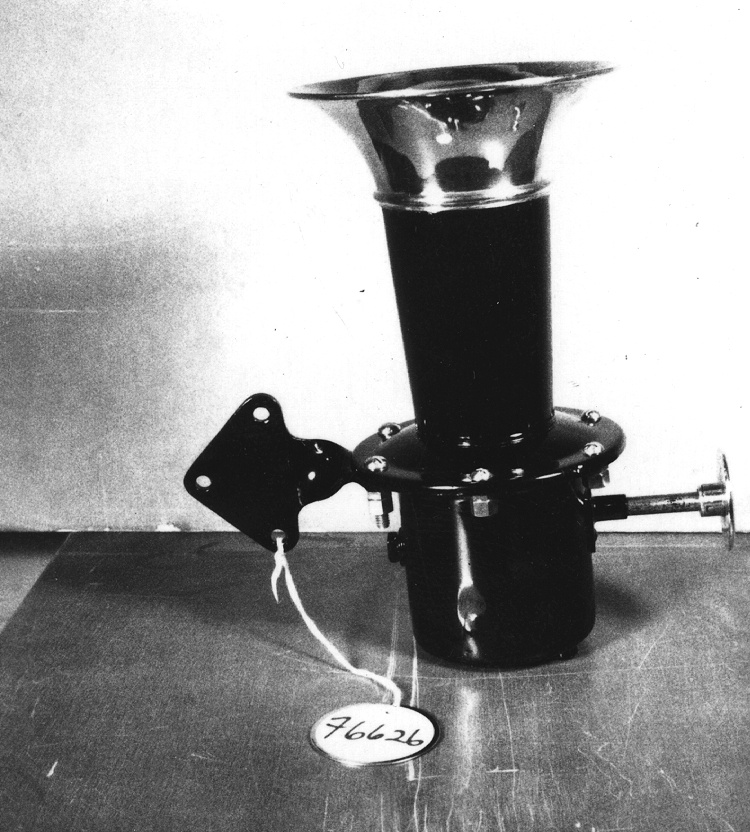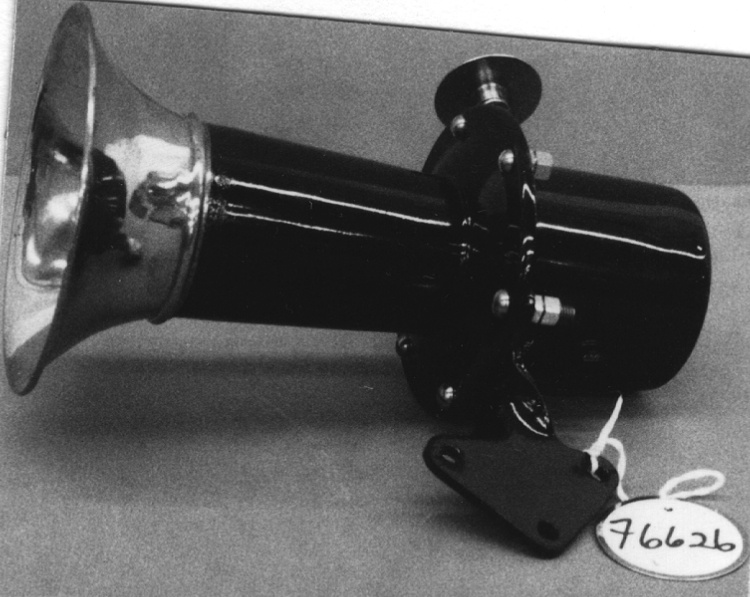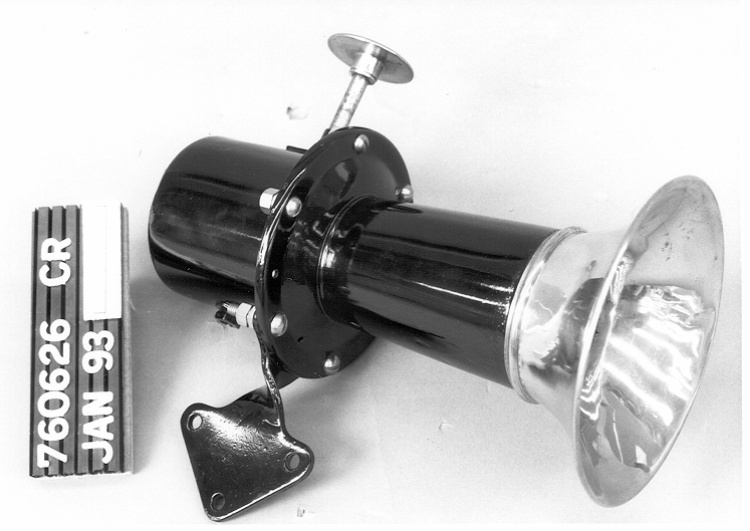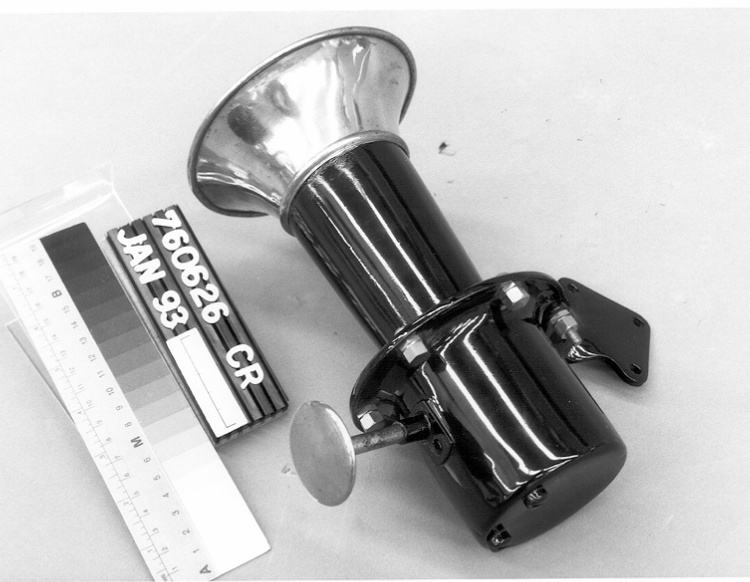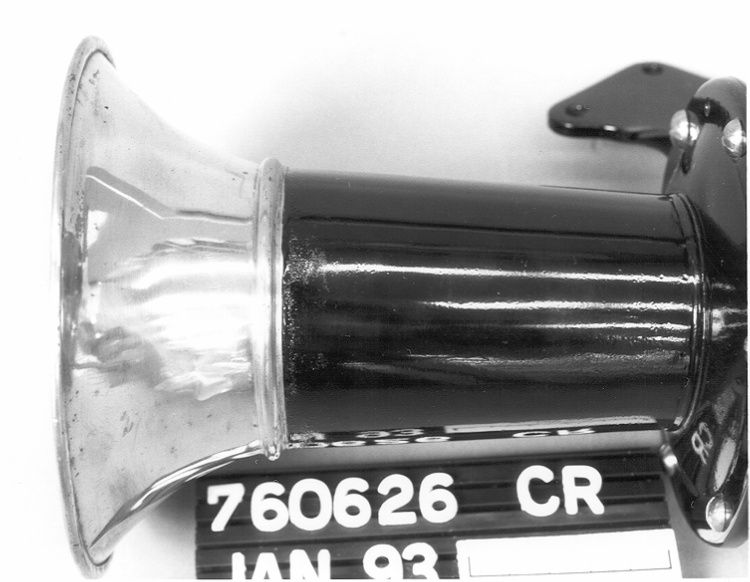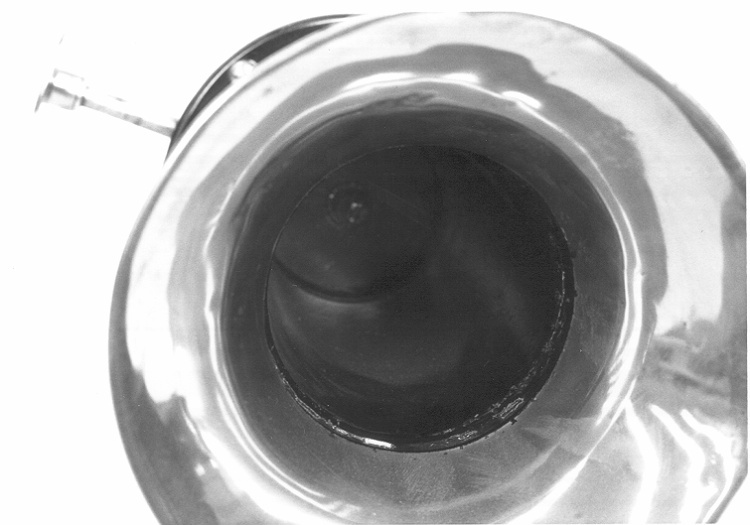Horn
Use this image
Can I reuse this image without permission? Yes
Object images on the Ingenium Collection’s portal have the following Creative Commons license:
Copyright Ingenium / CC BY-NC-ND (Attribution-NonCommercial 4.0 International (CC BY-NC 4.0)
ATTRIBUTE THIS IMAGE
Ingenium,
1976.0626.001
Permalink:
Ingenium is releasing this image under the Creative Commons licensing framework, and encourages downloading and reuse for non-commercial purposes. Please acknowledge Ingenium and cite the artifact number.
DOWNLOAD IMAGEPURCHASE THIS IMAGE
This image is free for non-commercial use.
For commercial use, please consult our Reproduction Fees and contact us to purchase the image.
- OBJECT TYPE
- SAFETY/MECHANICAL
- DATE
- 1910
- ARTIFACT NUMBER
- 1976.0626.001
- MANUFACTURER
- Unknown
- MODEL
- Unknown
- LOCATION
- Unknown
More Information
General Information
- Serial #
- N/A
- Part Number
- 1
- Total Parts
- 1
- AKA
- N/A
- Patents
- N/A
- General Description
- Steel & Brass
Dimensions
Note: These reflect the general size for storage and are not necessarily representative of the object's true dimensions.
- Length
- 23.0 cm
- Width
- 12.8 cm
- Height
- 21.5 cm
- Thickness
- N/A
- Weight
- N/A
- Diameter
- N/A
- Volume
- N/A
Lexicon
- Group
- Motorized Ground Transportation
- Category
- Automotive parts
- Sub-Category
- N/A
Manufacturer
- AKA
- Unknown
- Country
- Unknown
- State/Province
- Unknown
- City
- Unknown
Context
- Country
- Canada
- State/Province
- Ontario
- Period
- 1910's
- Canada
-
Unknown - Function
-
A device that produces a loud sound to signal an audible warning to other motorists and pedestrians of a car’s presence. - Technical
-
Type sample of a manual operated horn that consists of a bell, shaft and push lever; the horn type predates electric horns (KE – notes). The horn is classified as a push lever type because it required the driver’s hand to push a plunger or lever to operate it; the horn could also be operated by turning a crank or wheel instead of a push lever. The horn’s sound differed depending on the manufacturer of the horn. The horn was externally mounted and was used as a warning device in automobiles to warn motorists and pedestrians of the car’s approach or presence and to promote public safety while driving (McMurtry: 3, 5, 20). Push lever horns were popular from 1914 onwards because they were not body-mounted to vehicles like other horns available during the time, such as exhaust whistles (Schultz: 66). First automobile horns were bulb horns and hand klaxons of various designs, mounted conspicuously. Electric automobile horns replaced manual models c. 1920s. Towards the end of the 1930s automobile horns began to be utilitarian only, and were hidden beneath the hood (KE – notes: 2002.0190.001). - Area Notes
-
Unknown
Details
- Markings
- N/A
- Missing
- None
- Finish
- Black painted body/ brass rimmed horn & plunger & screws/ plane steel shaft for plunger
- Decoration
- N/A
CITE THIS OBJECT
If you choose to share our information about this collection object, please cite:
Unknown Manufacturer, Horn, circa 1910, Artifact no. 1976.0626, Ingenium – Canada’s Museums of Science and Innovation, http://collection.ingeniumcanada.org/en/id/1976.0626.001/
FEEDBACK
Submit a question or comment about this artifact.
More Like This
